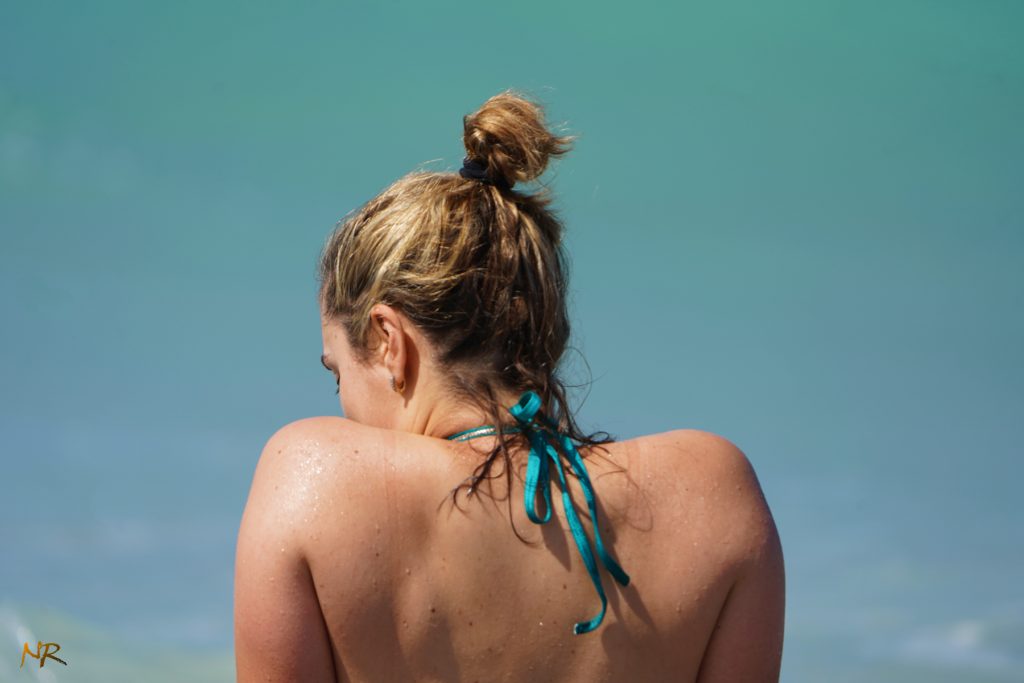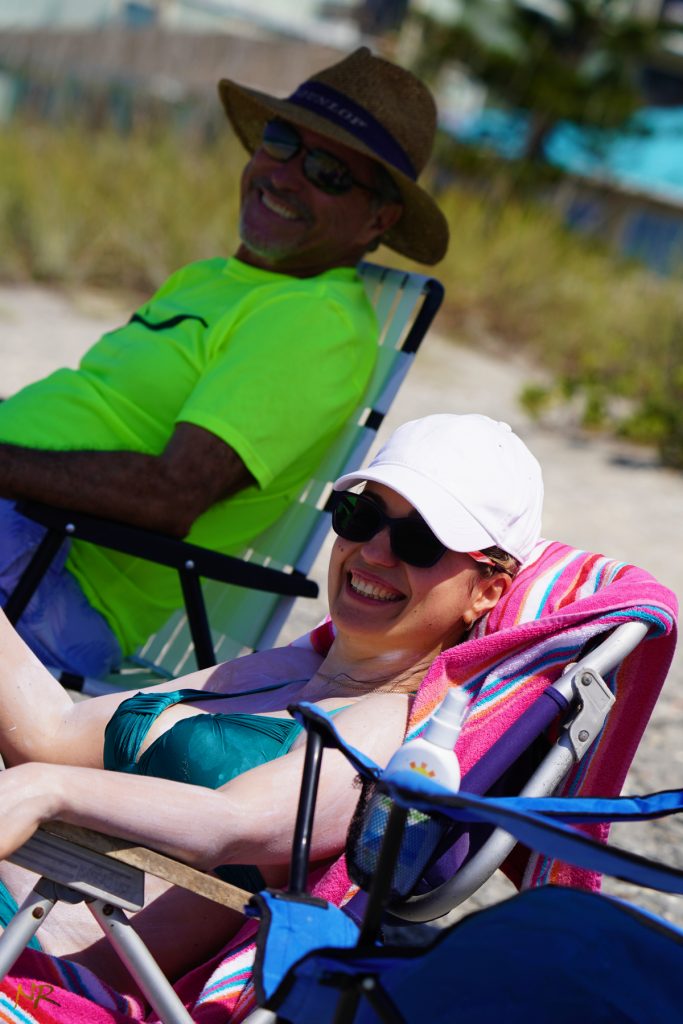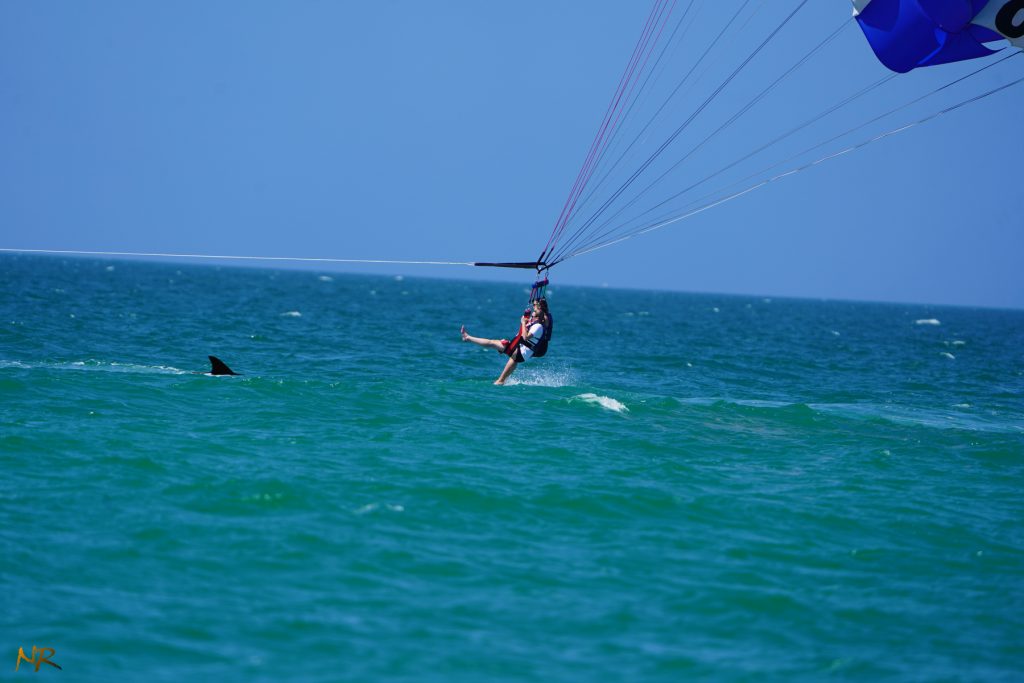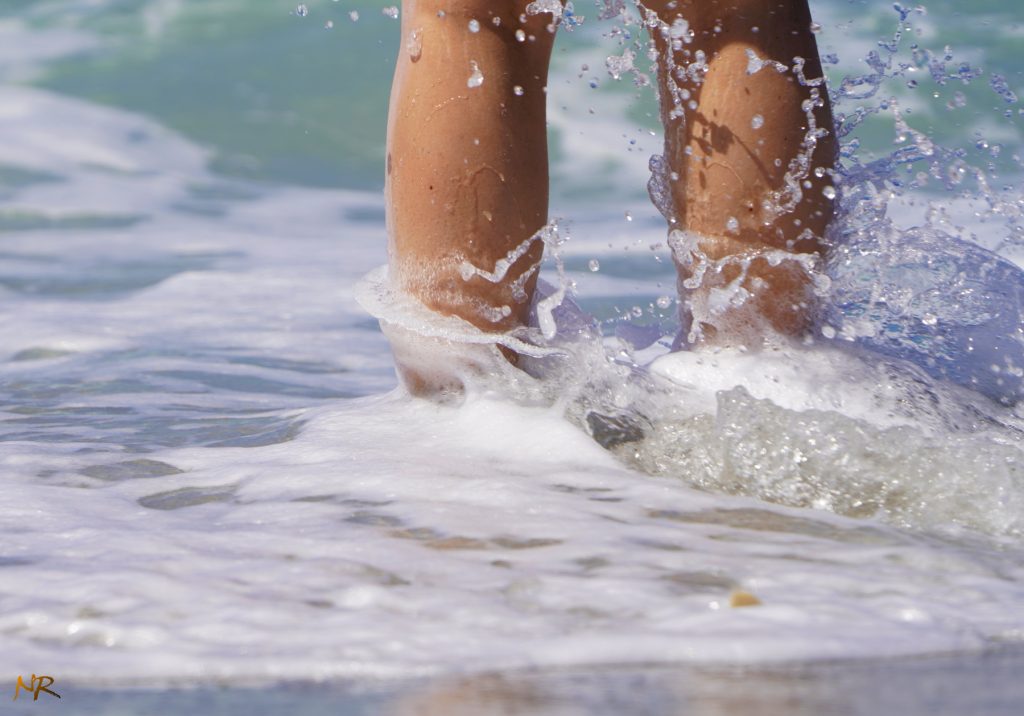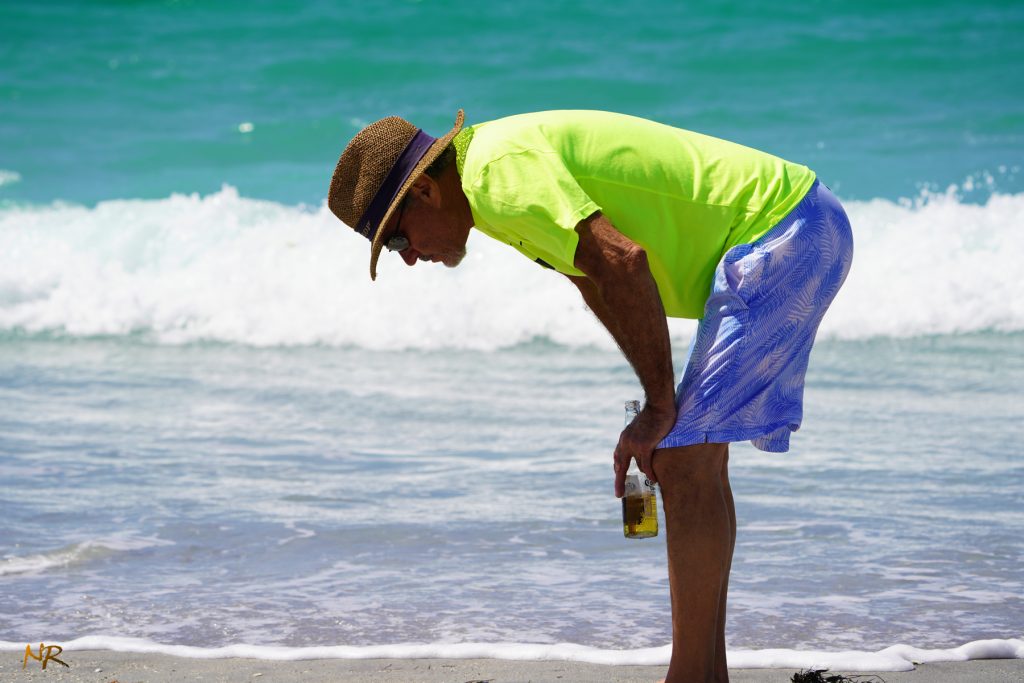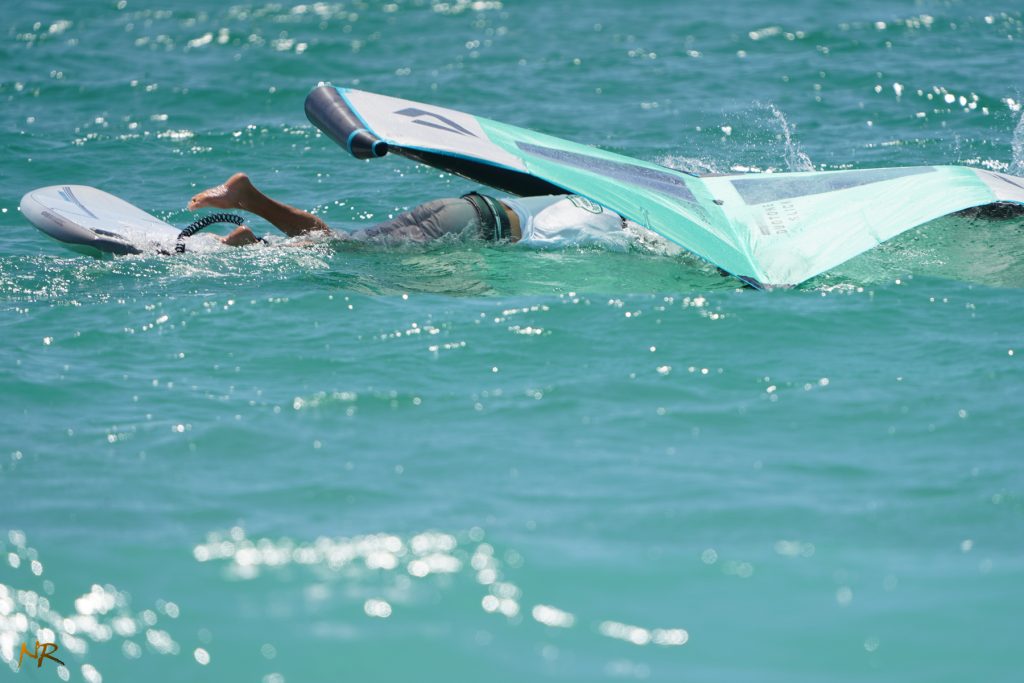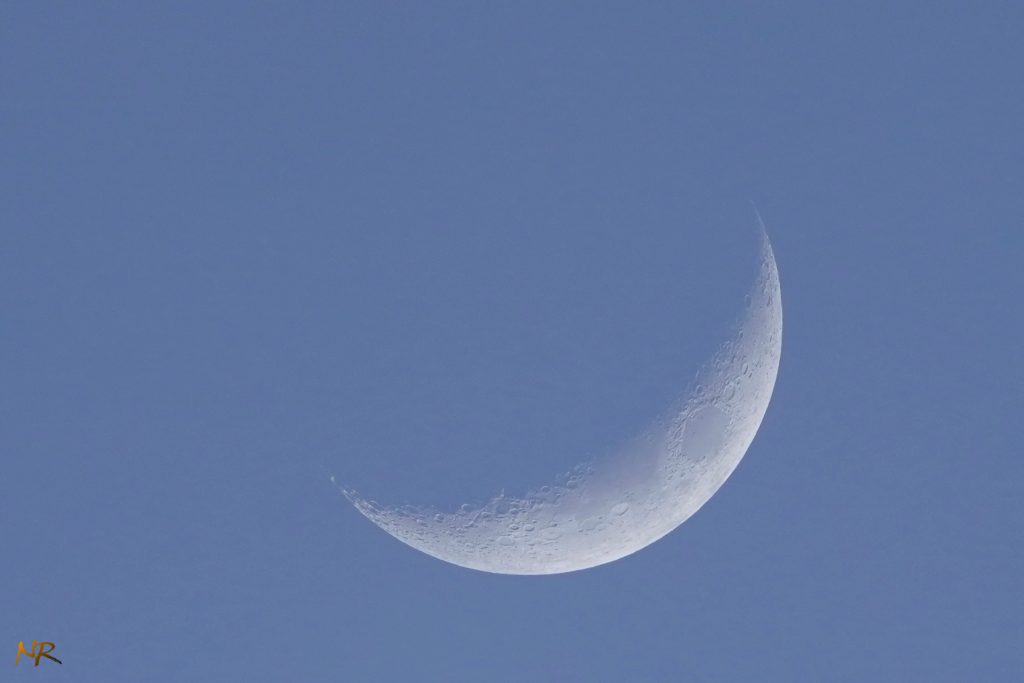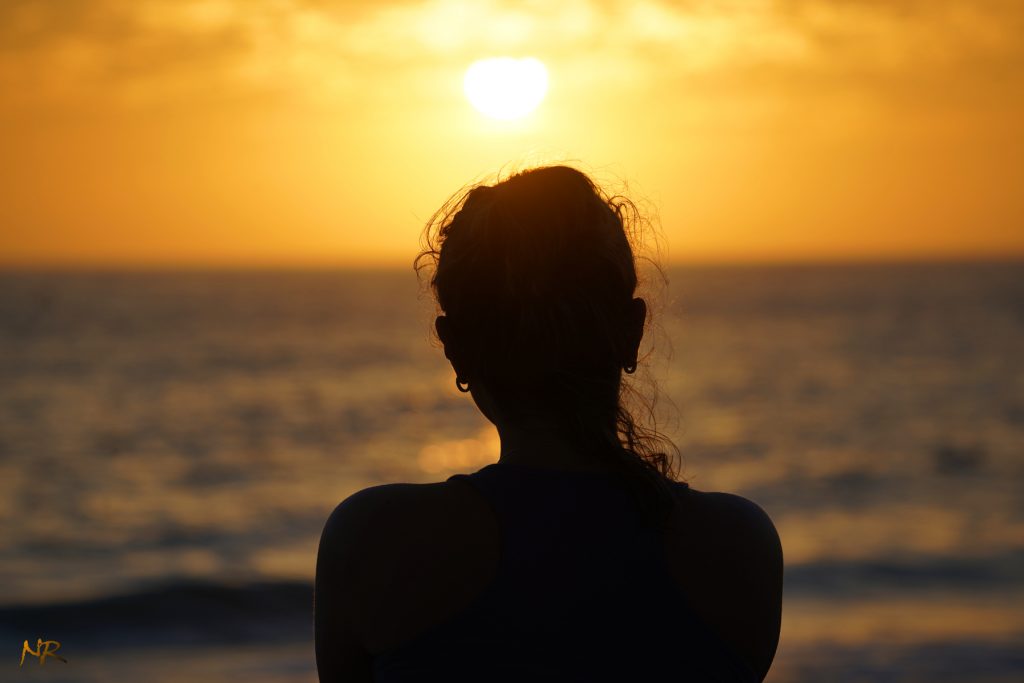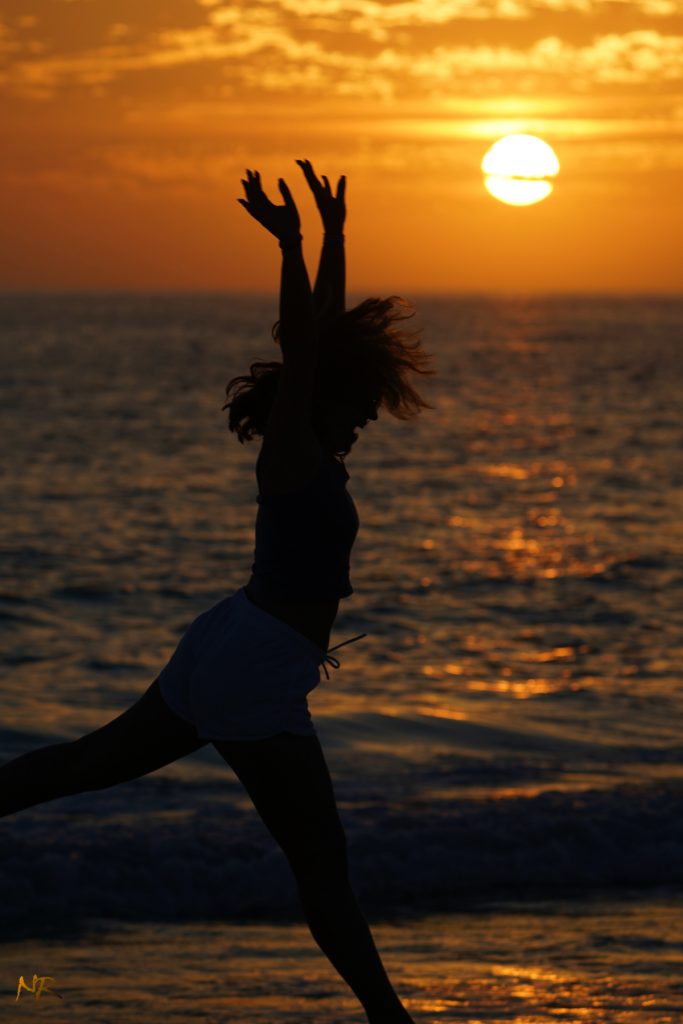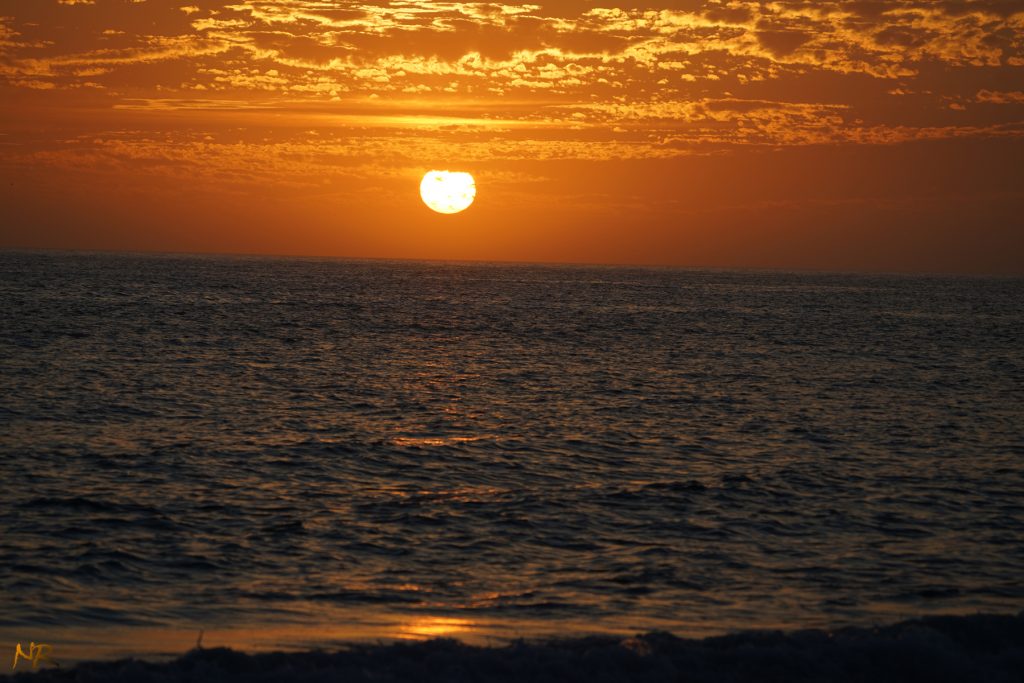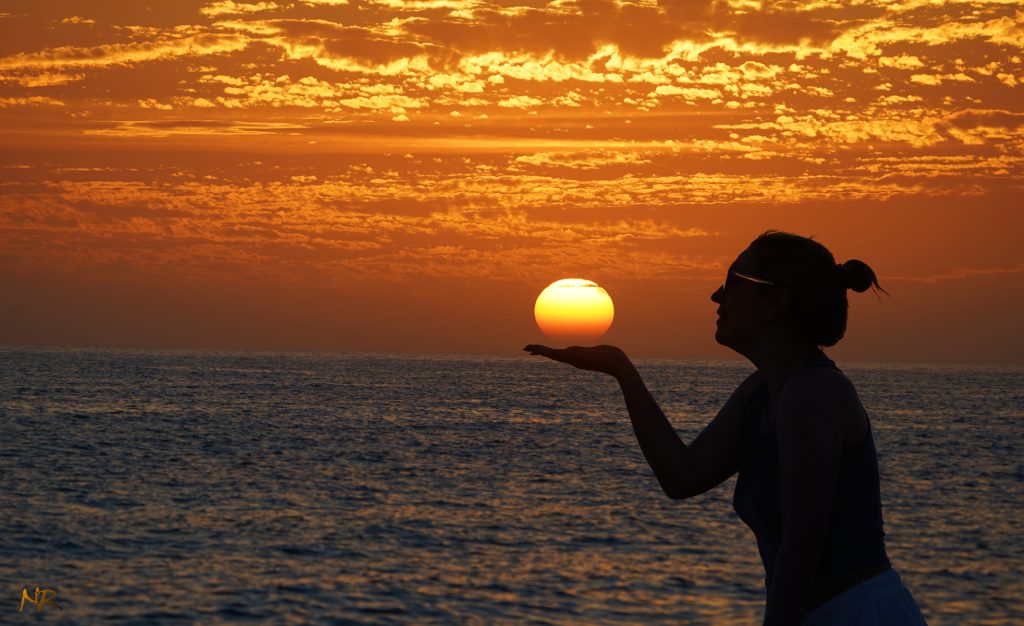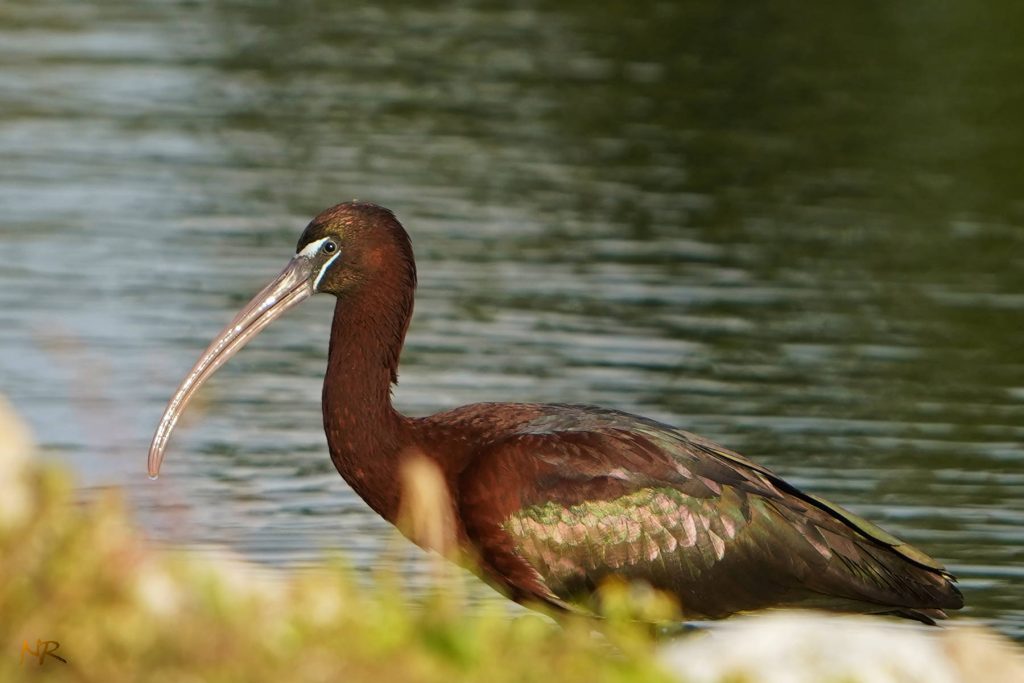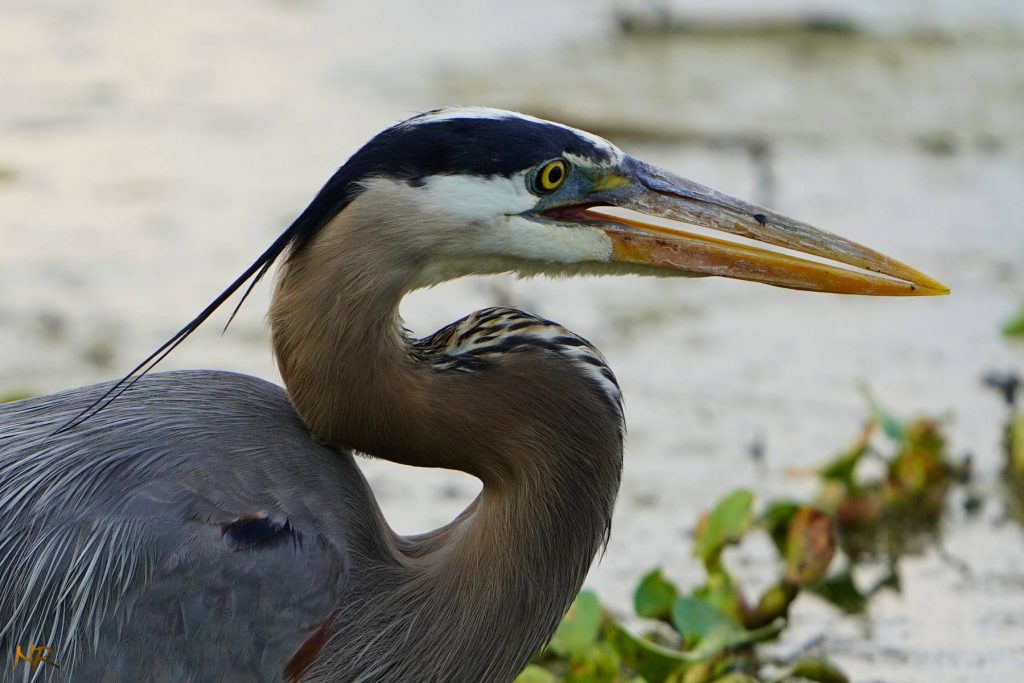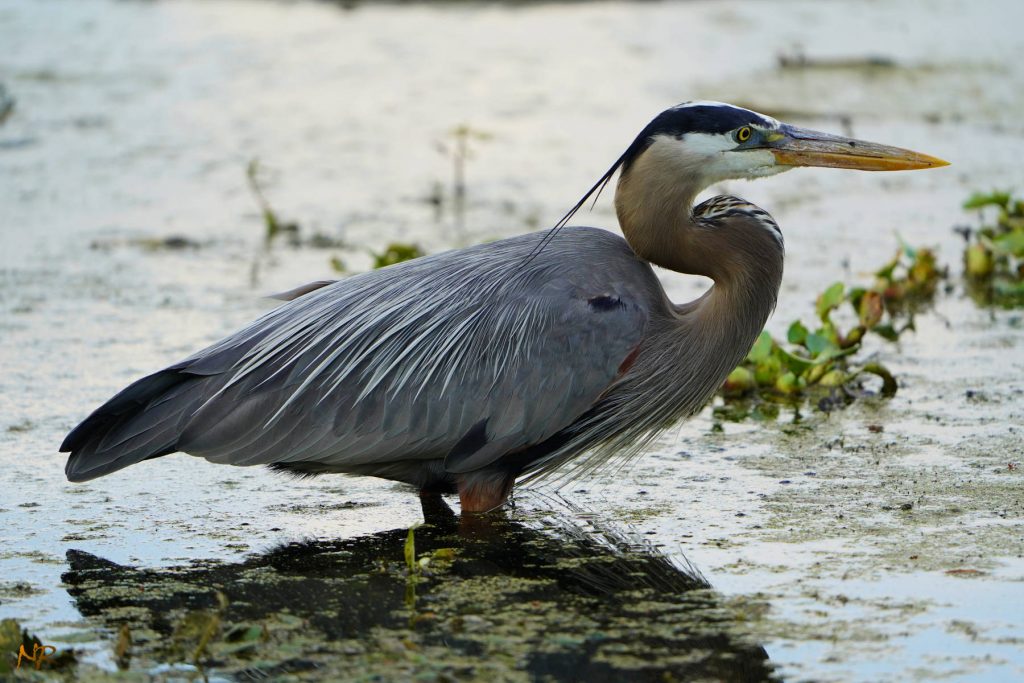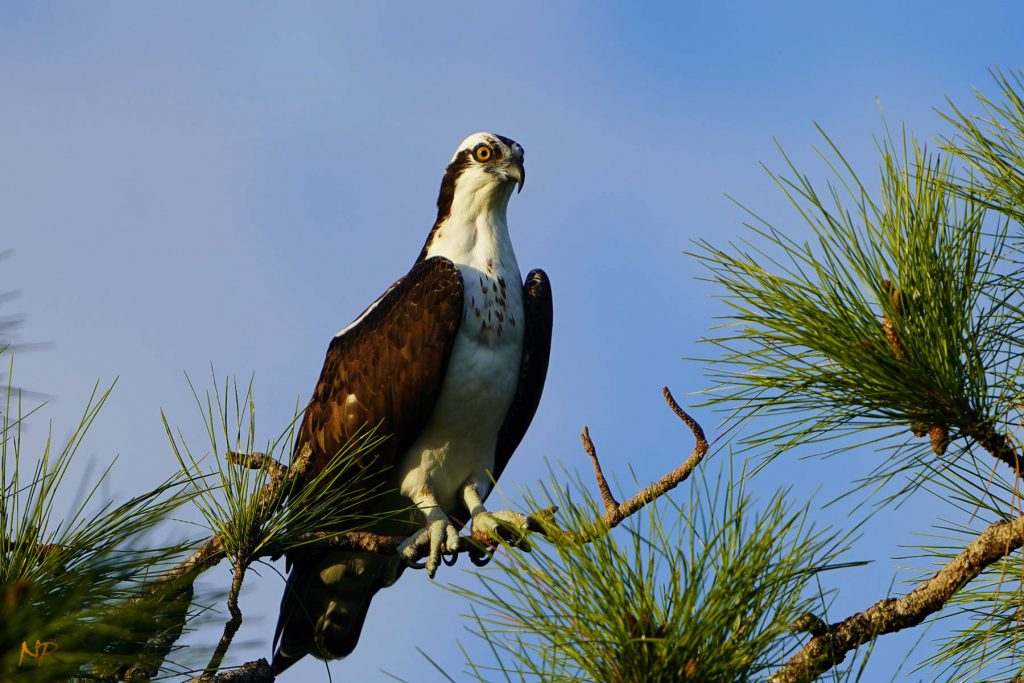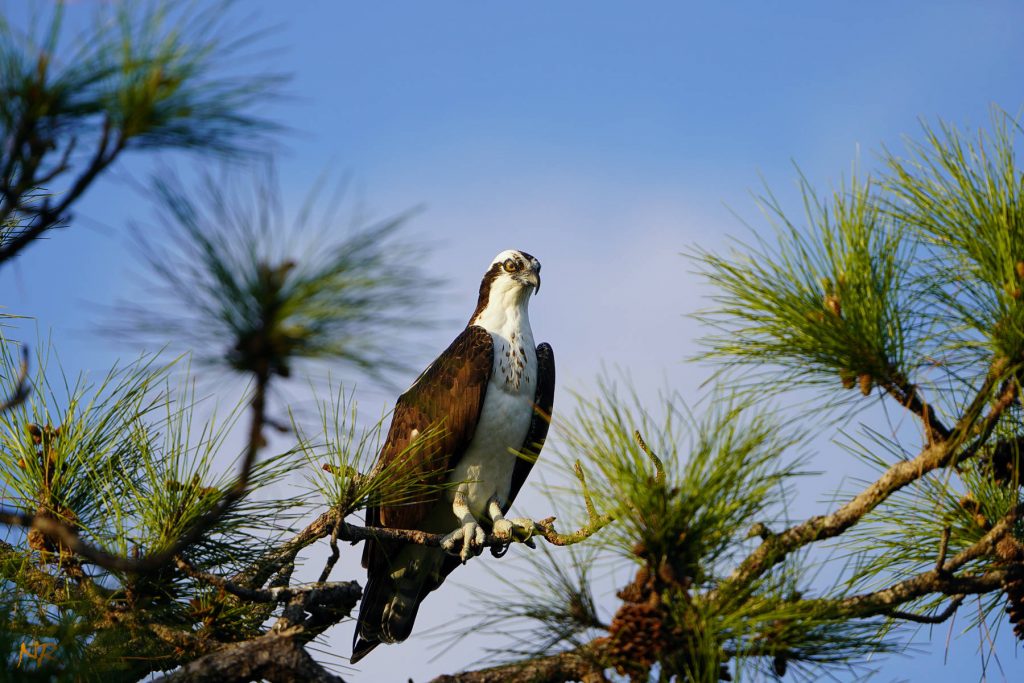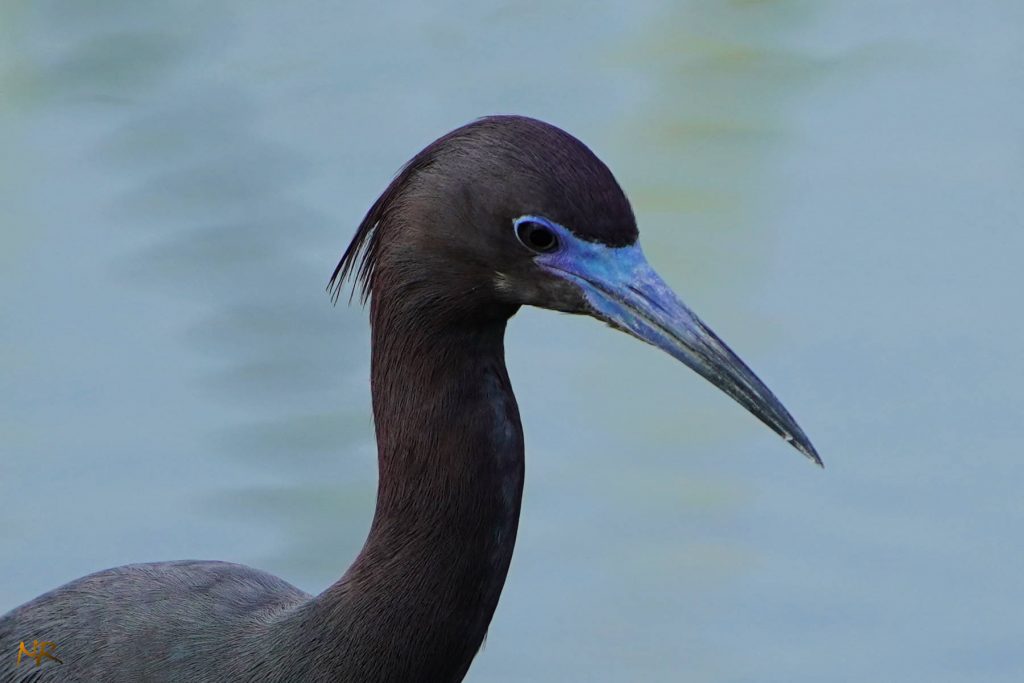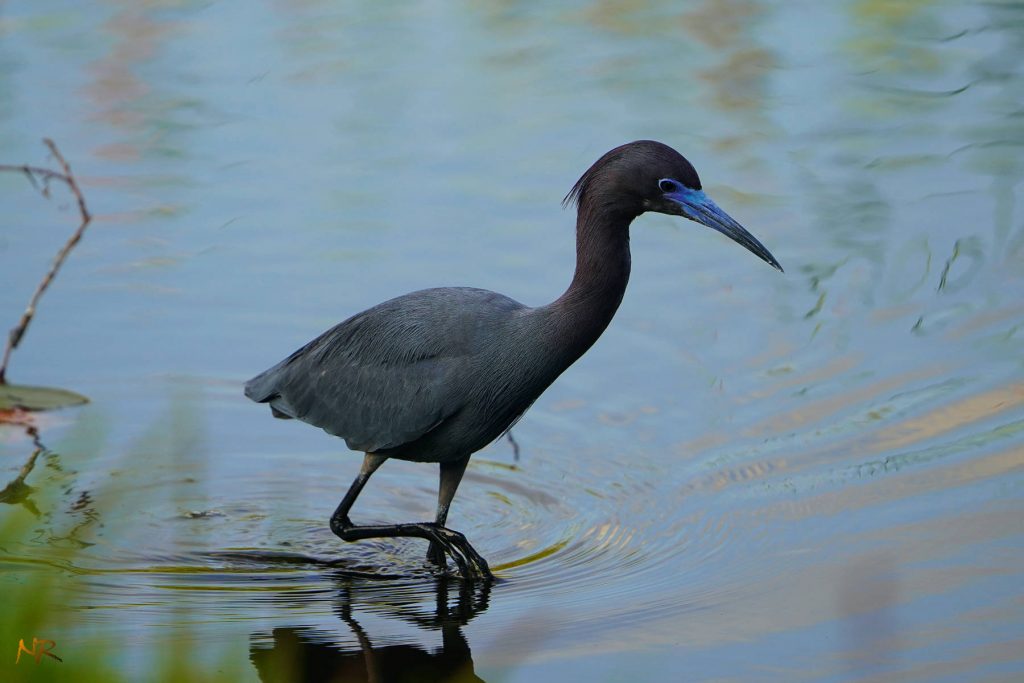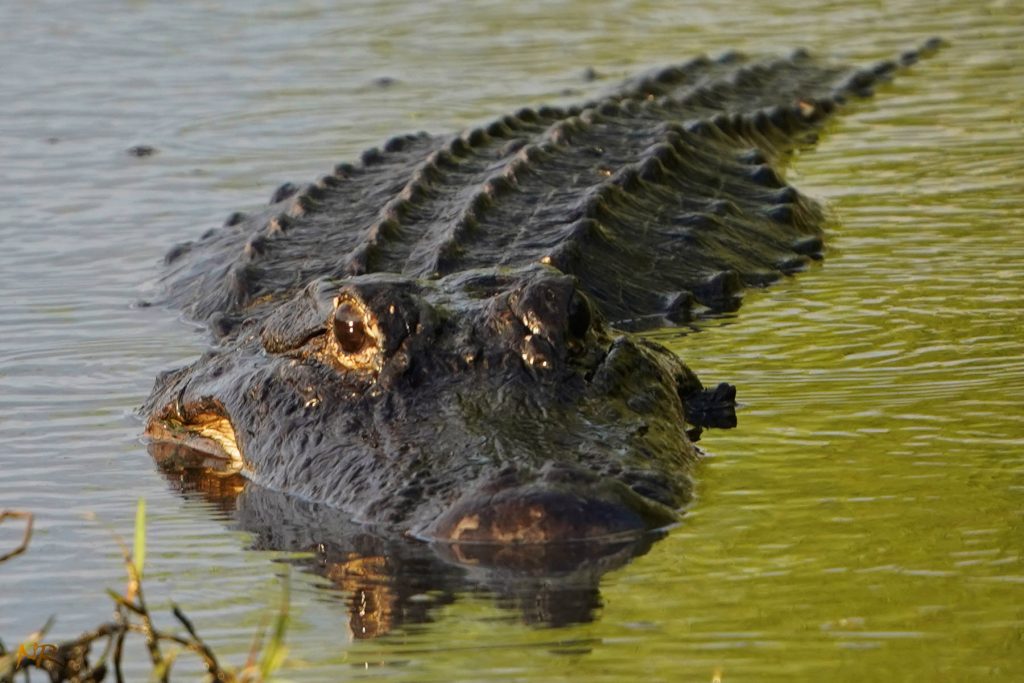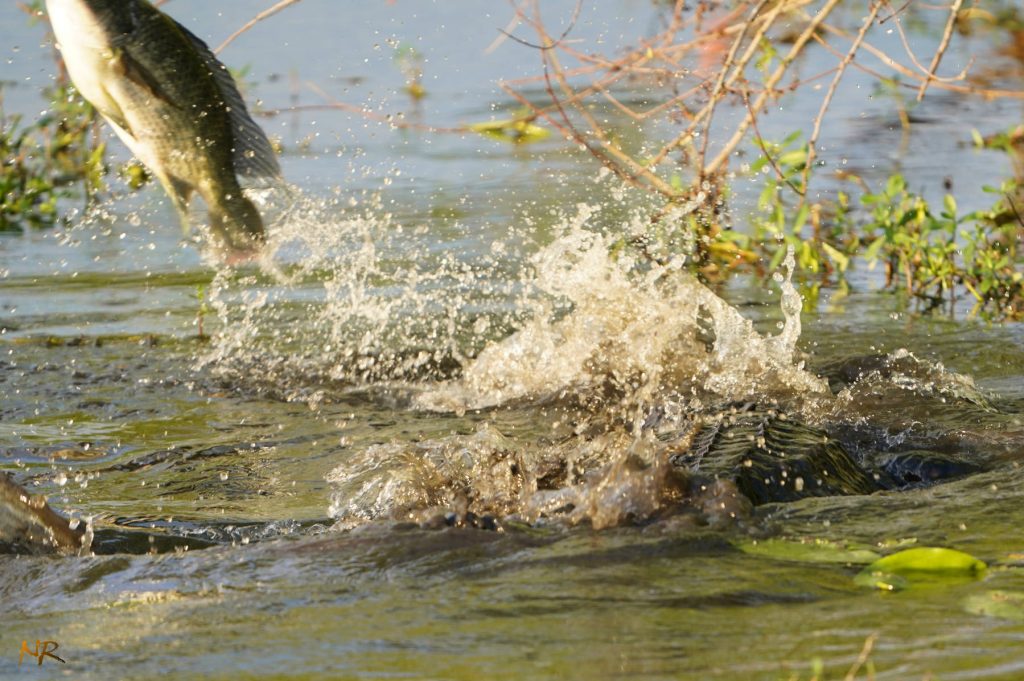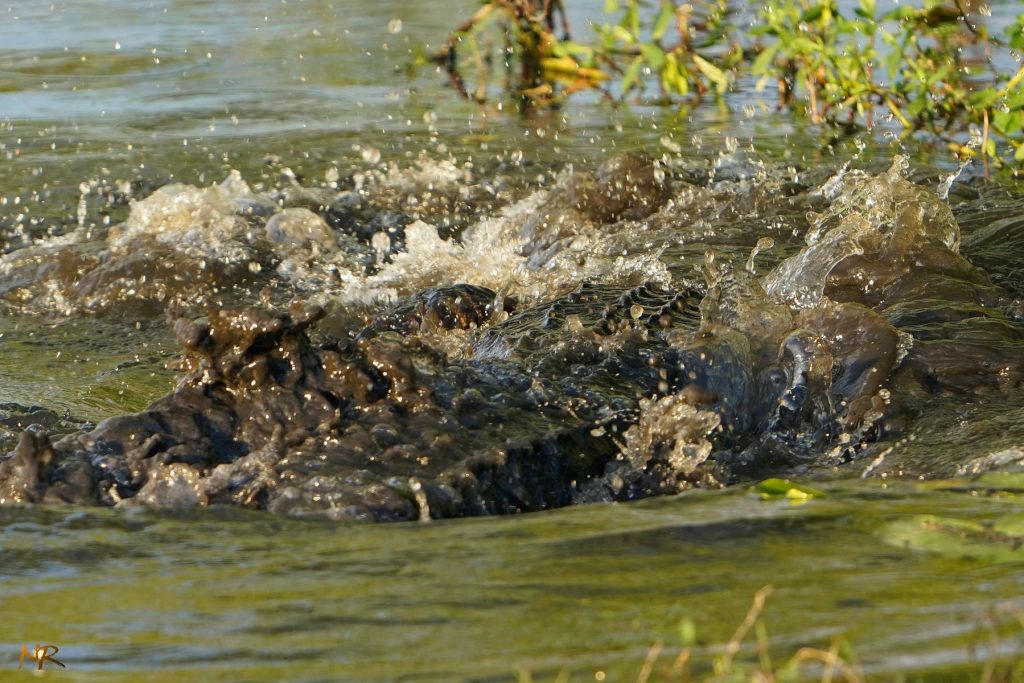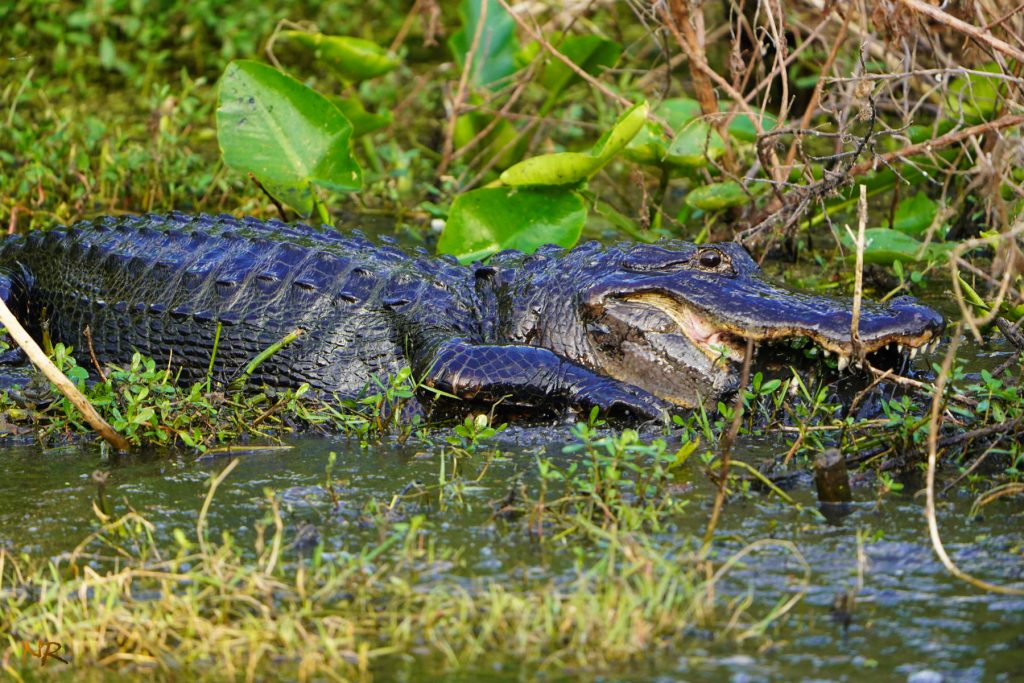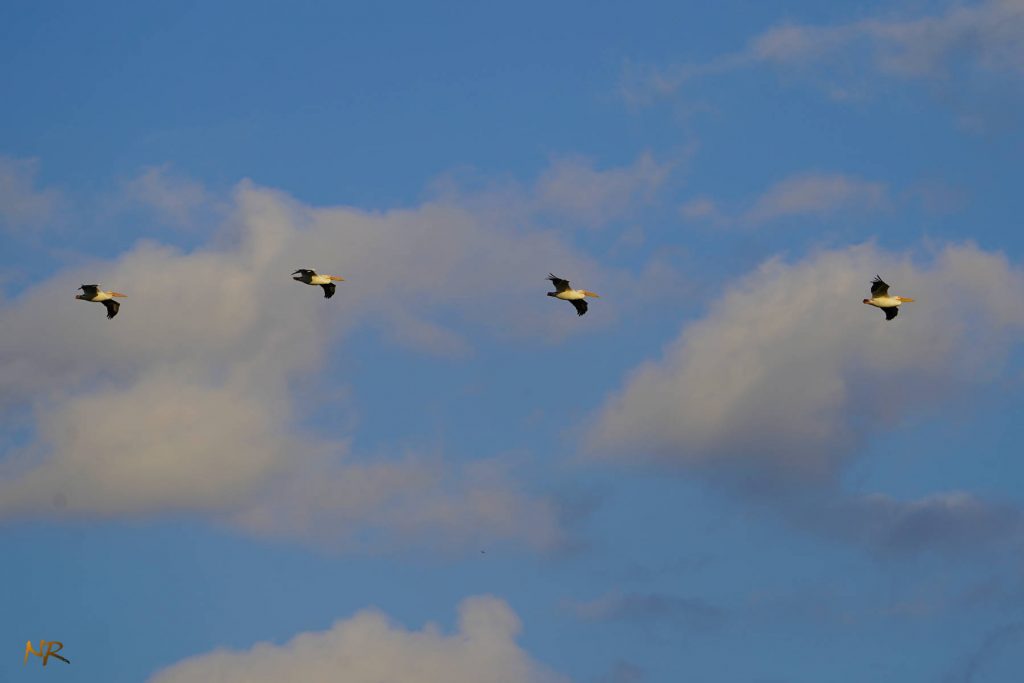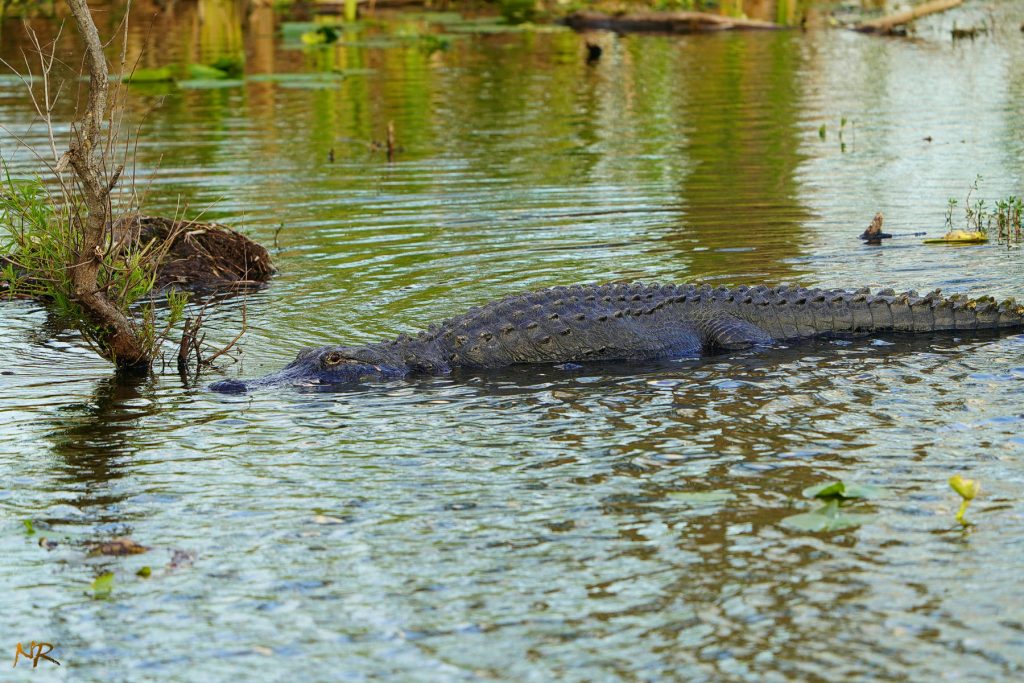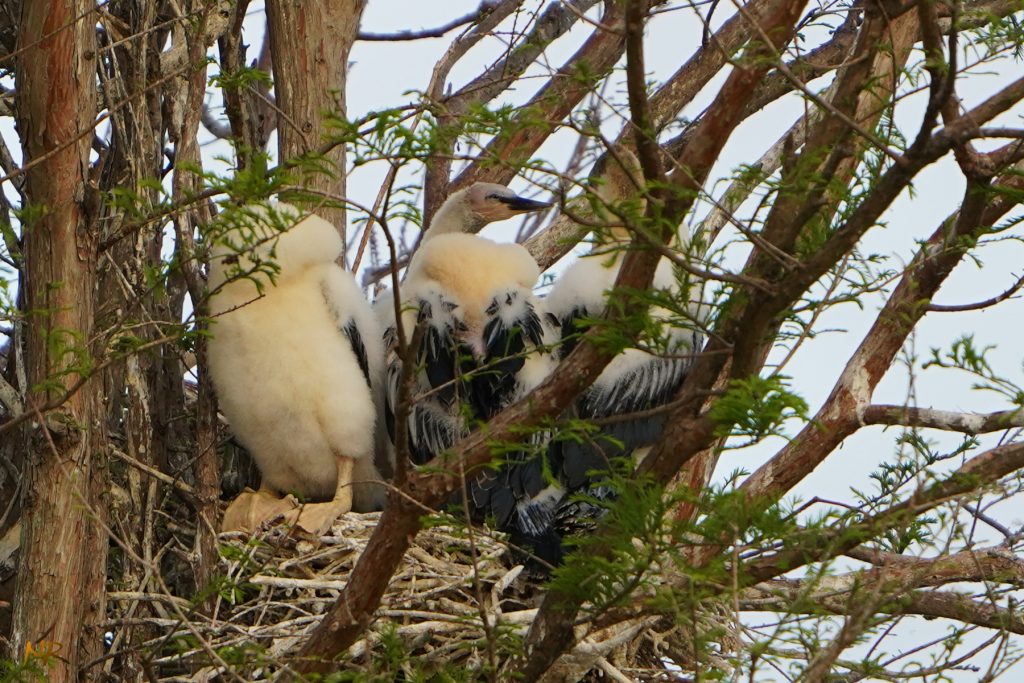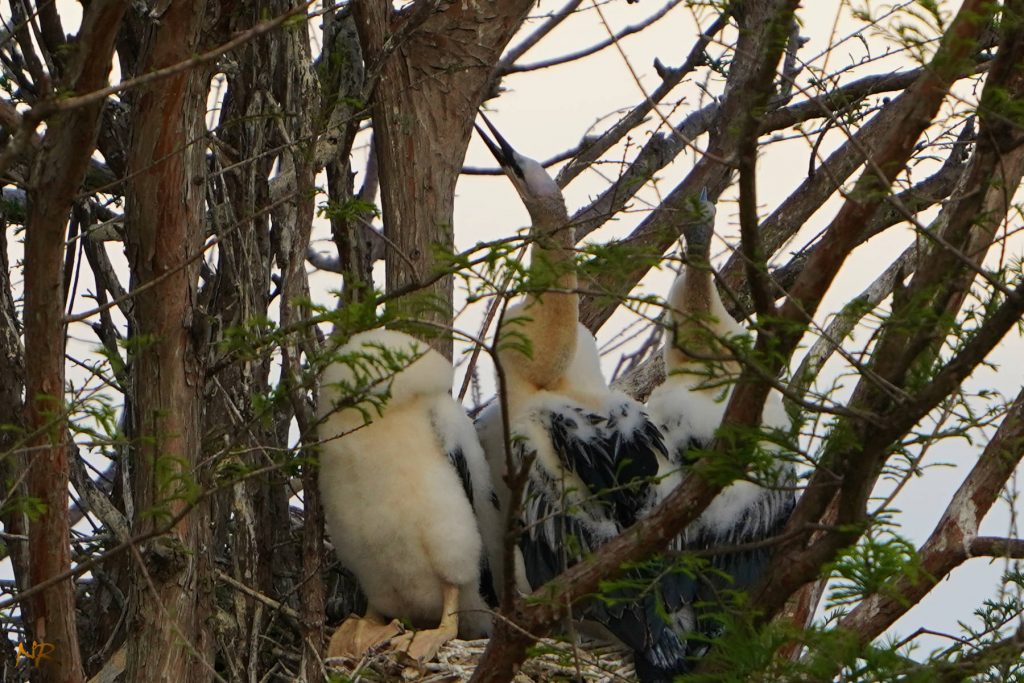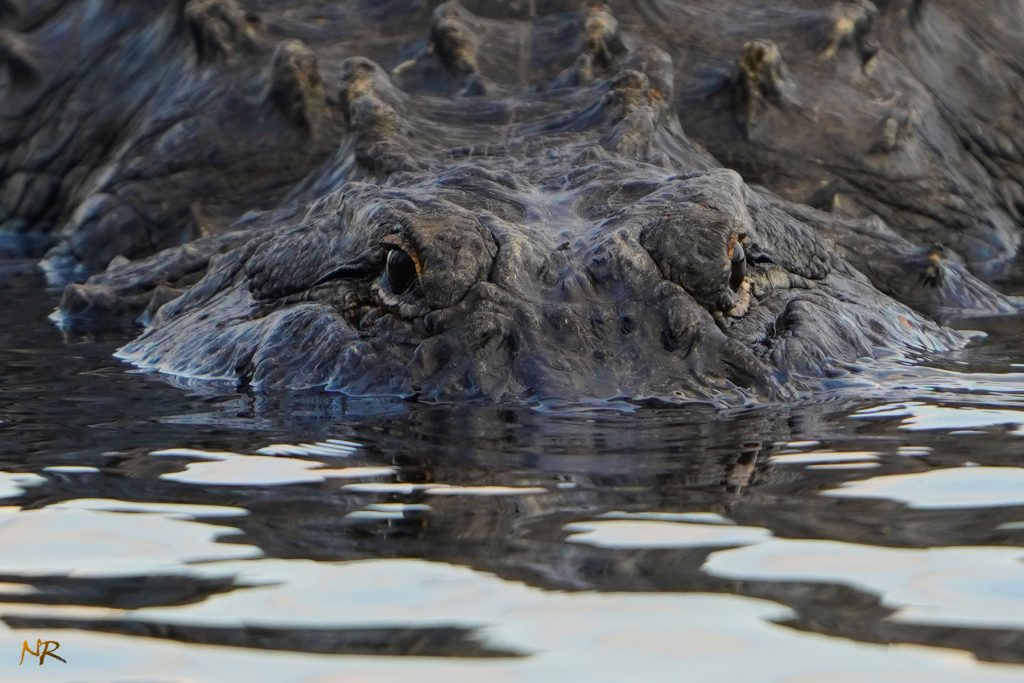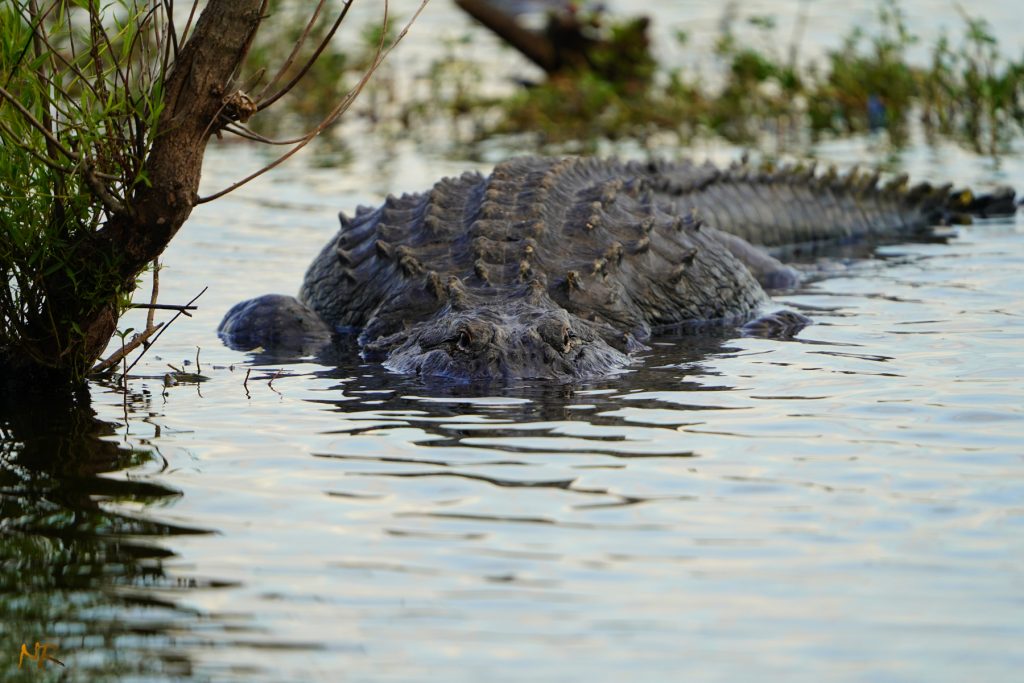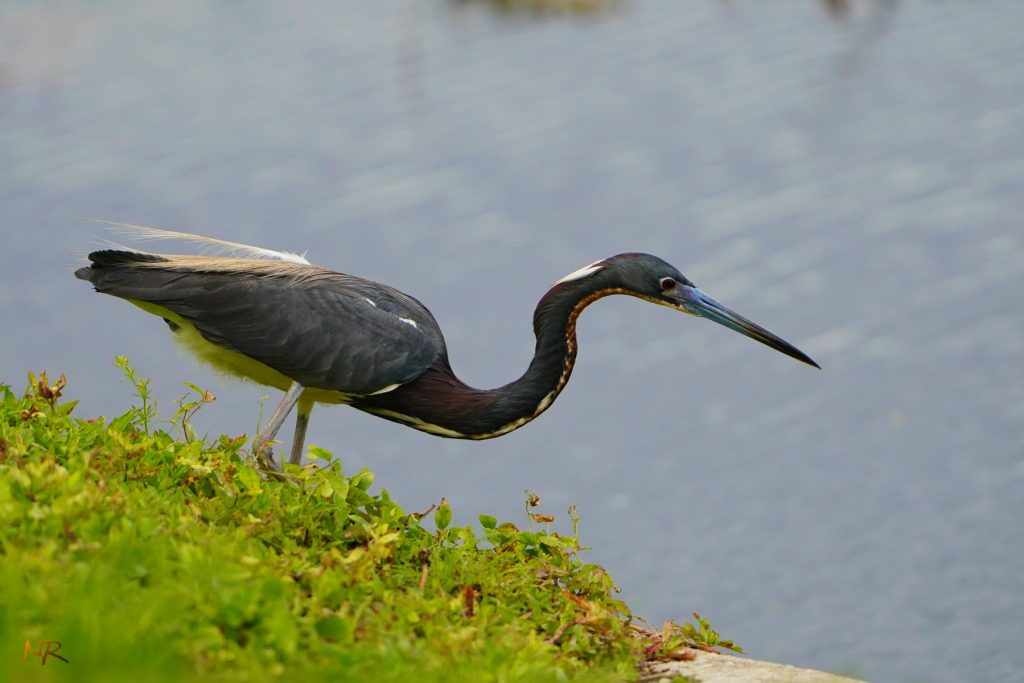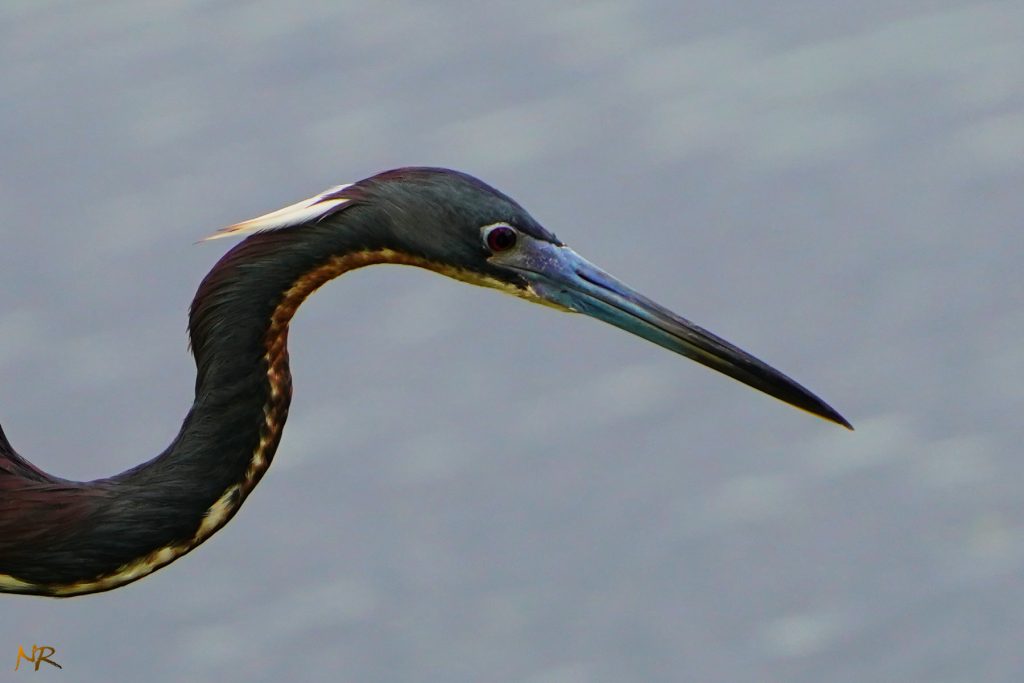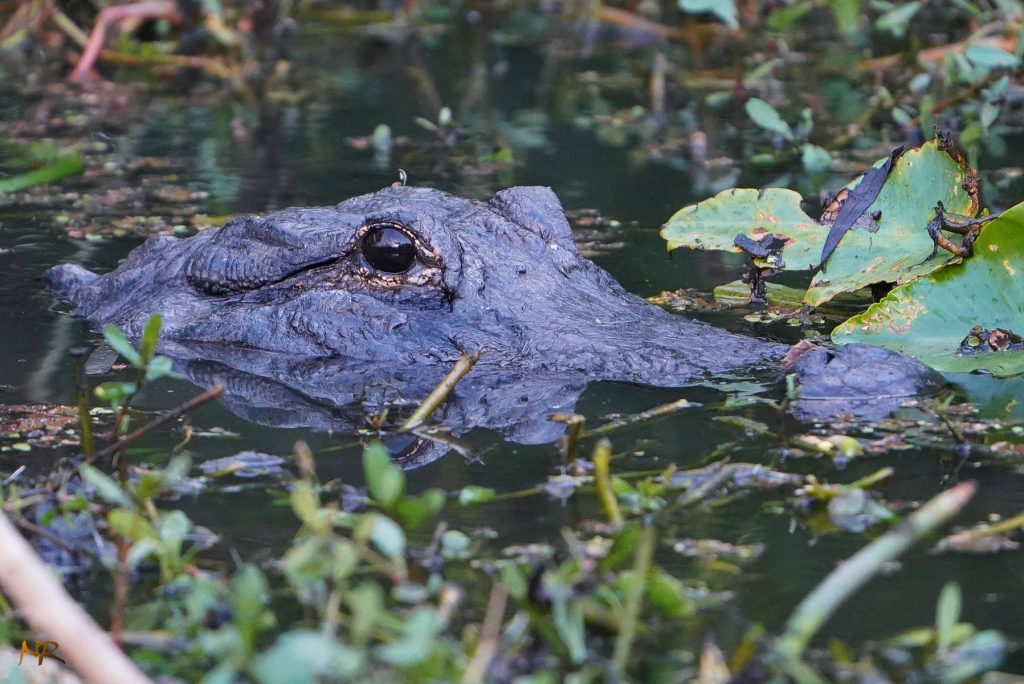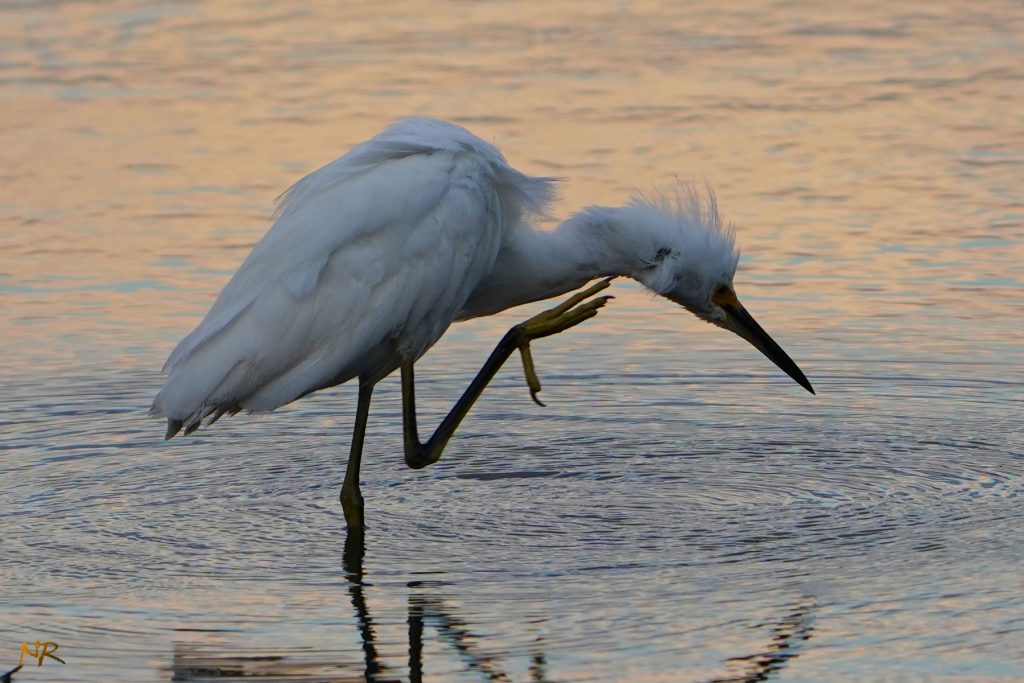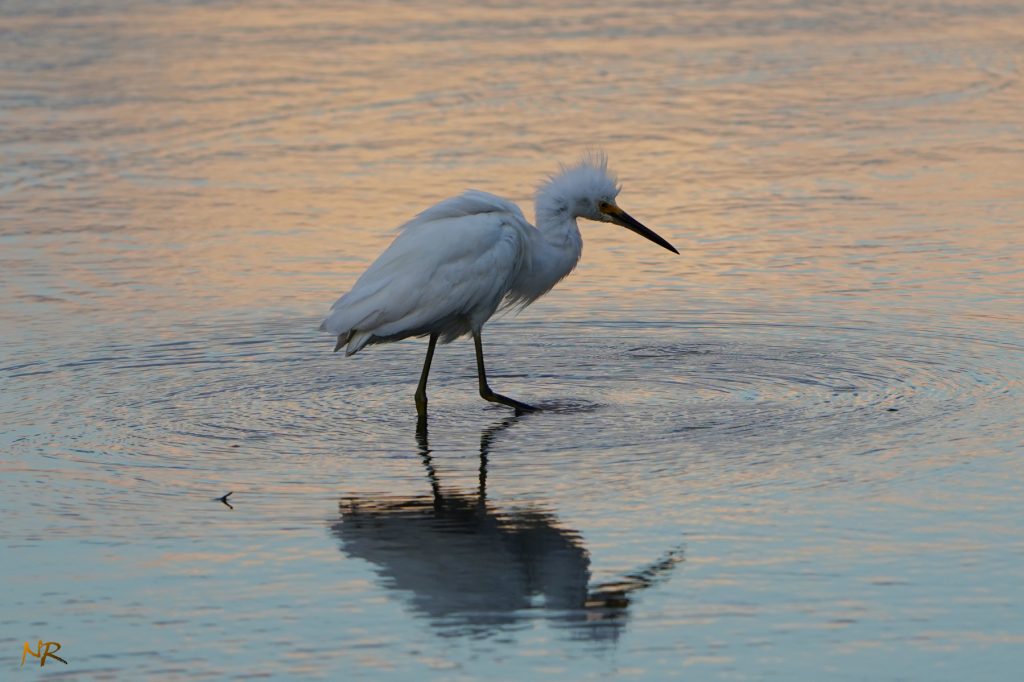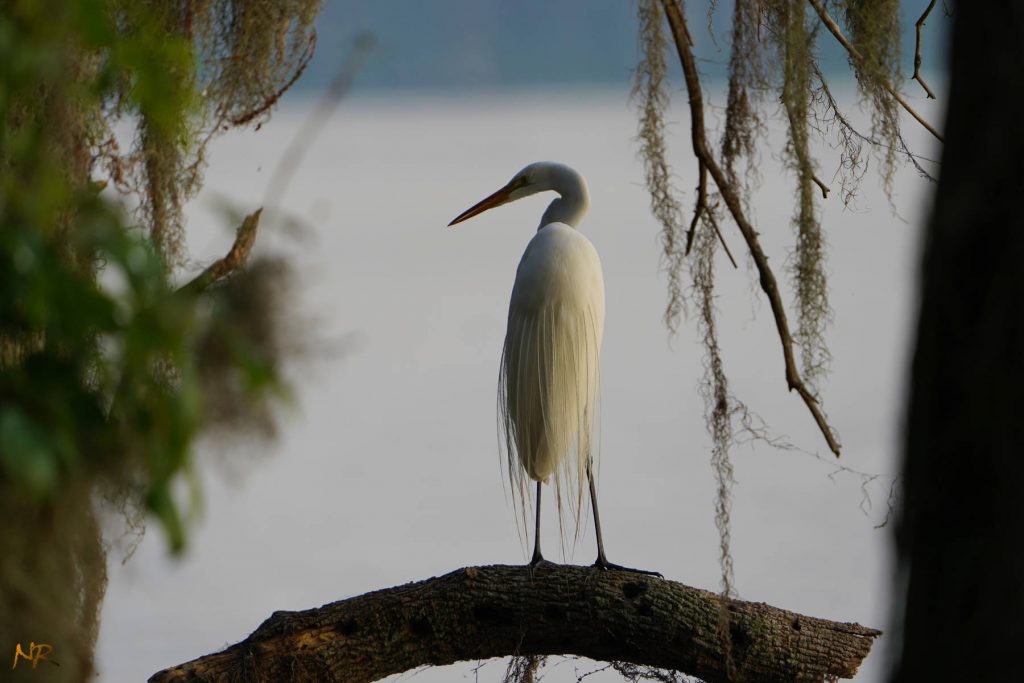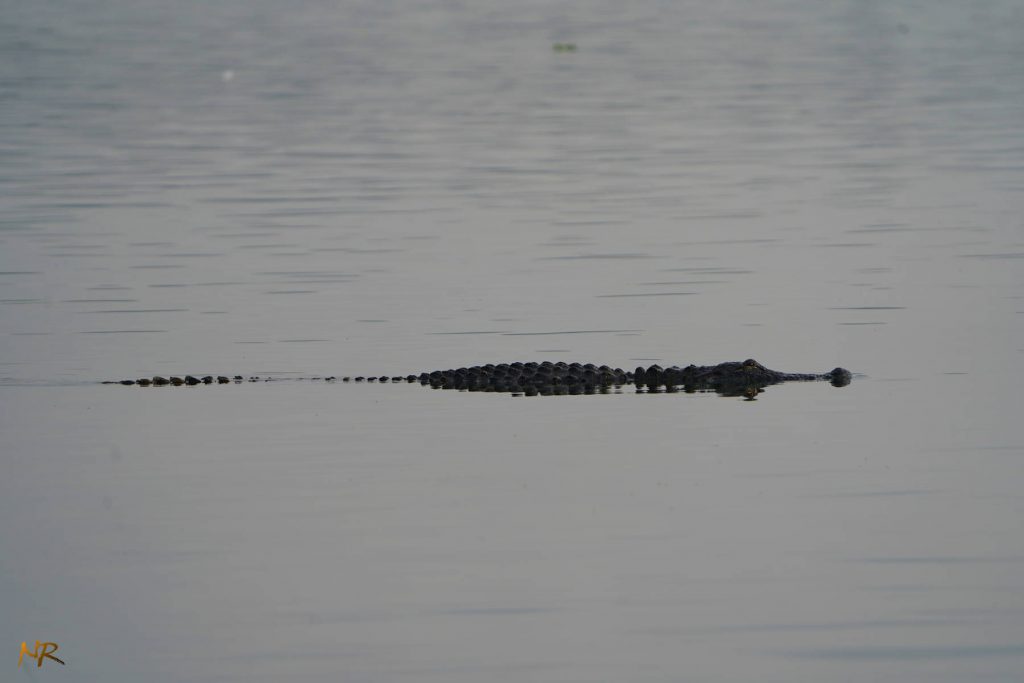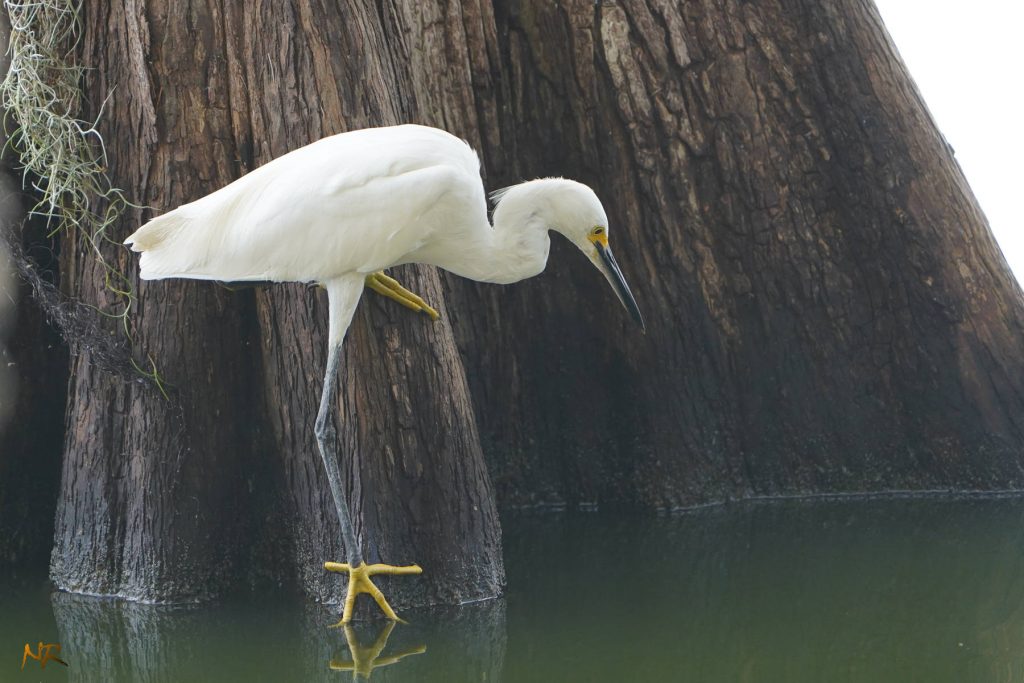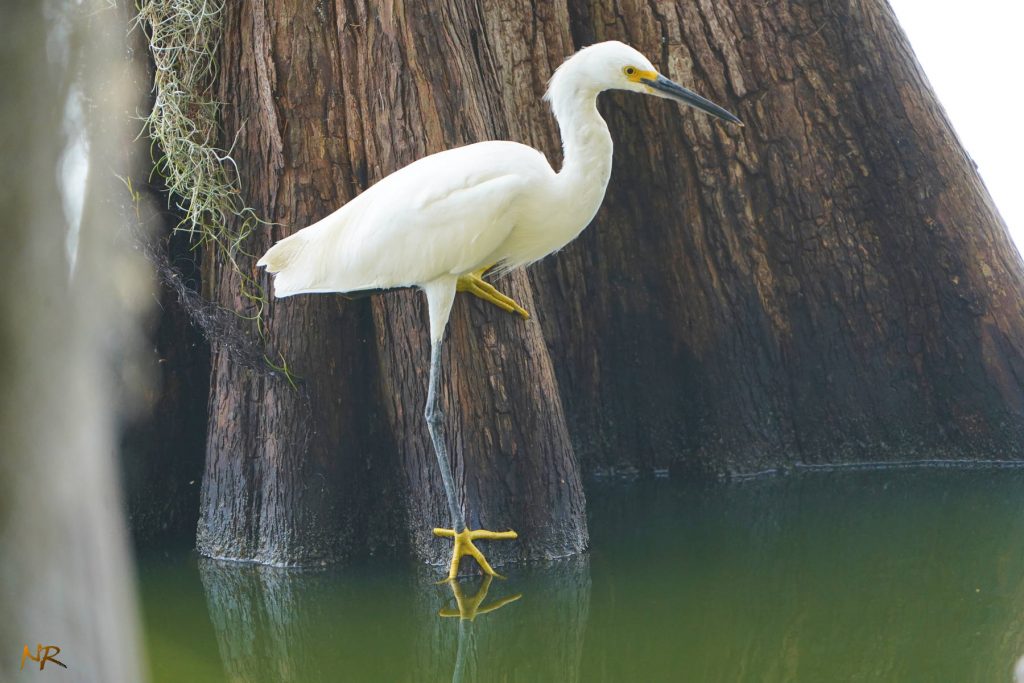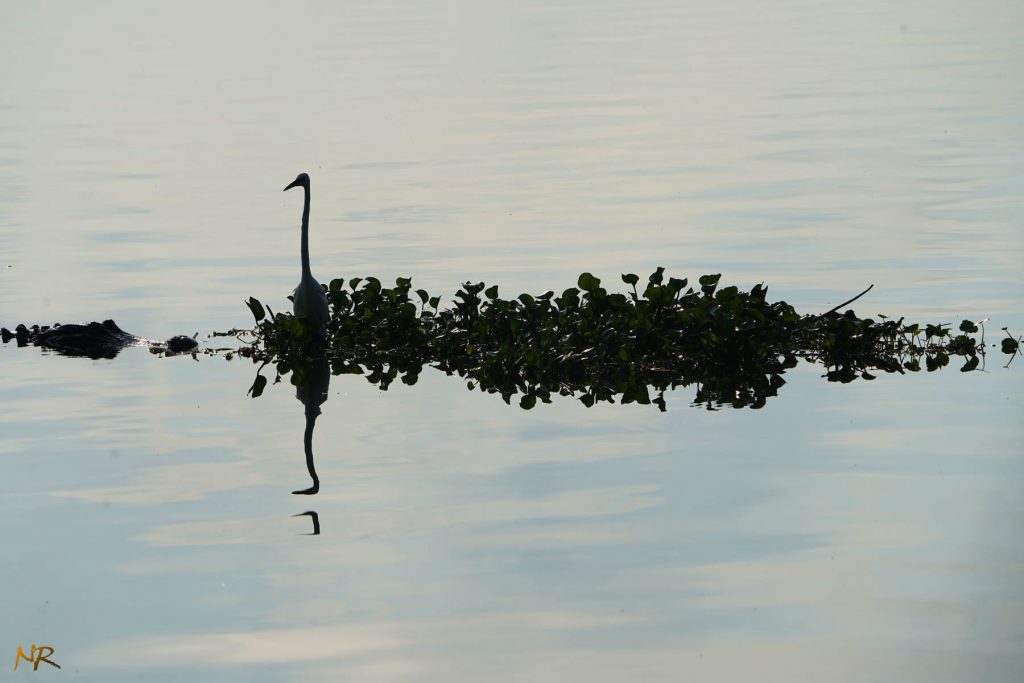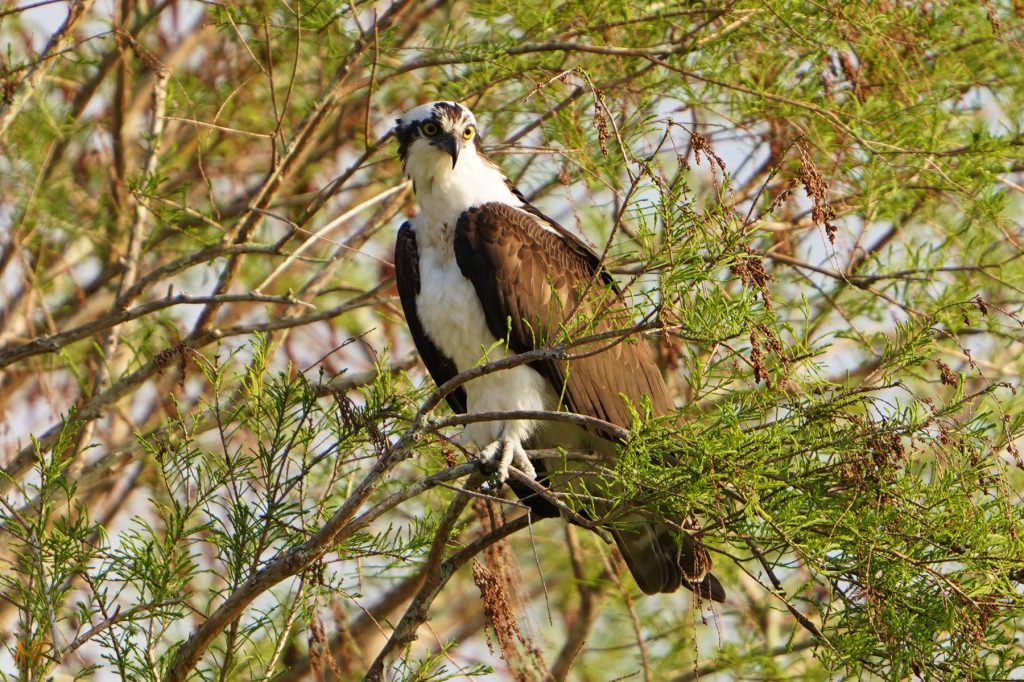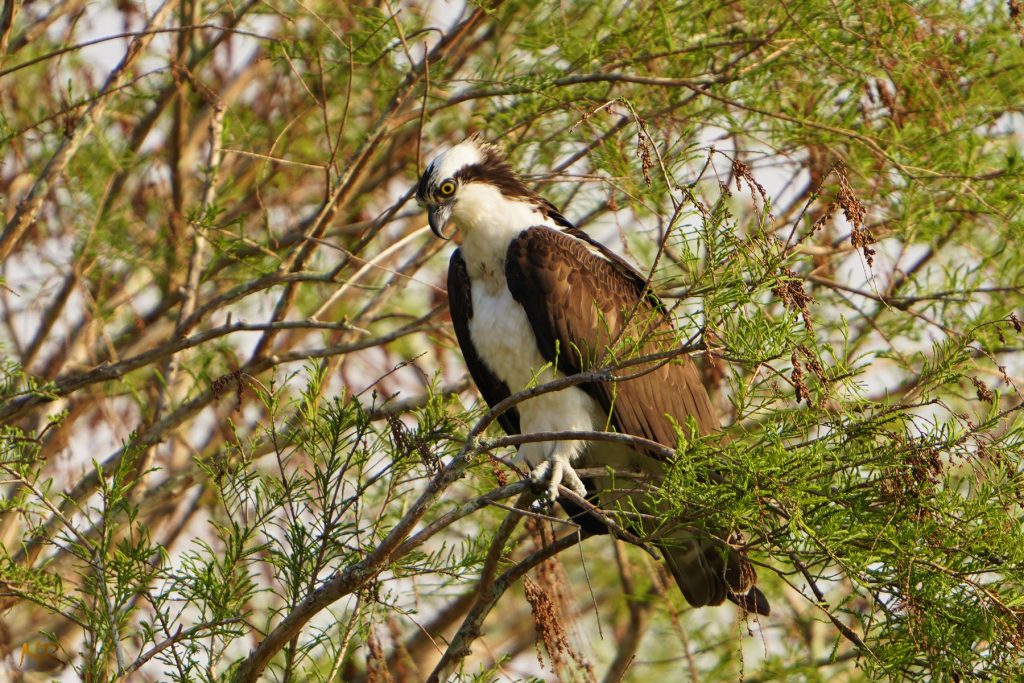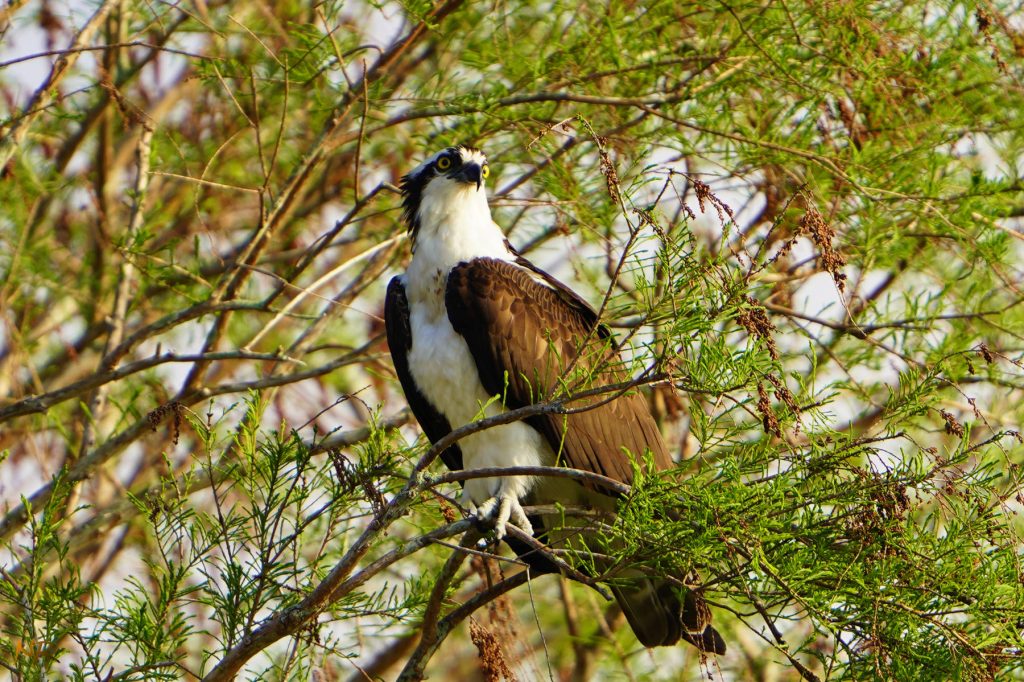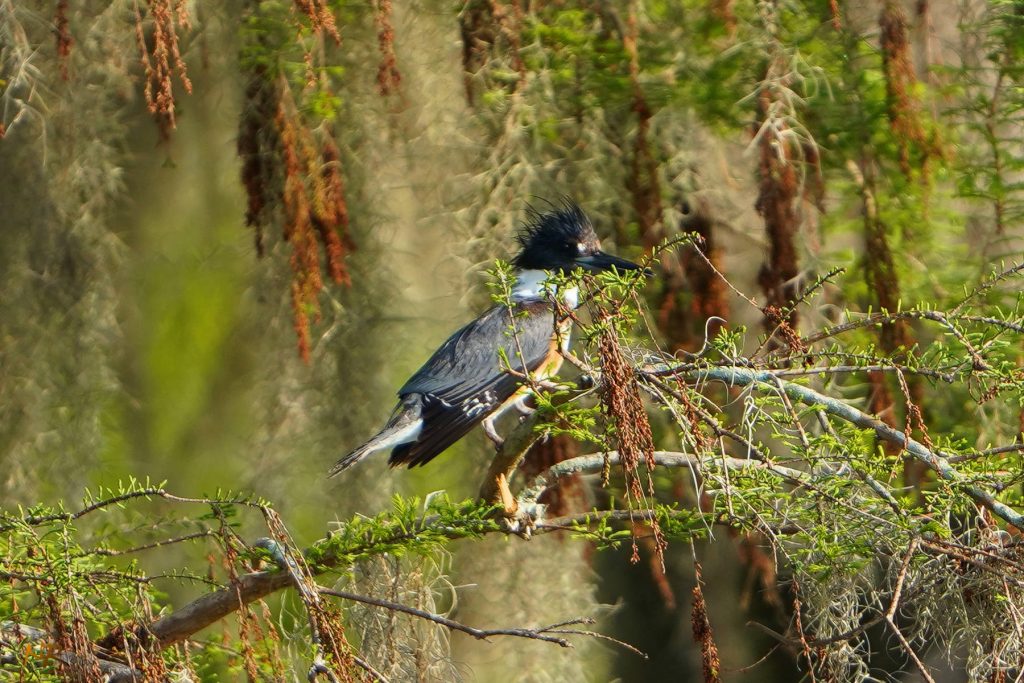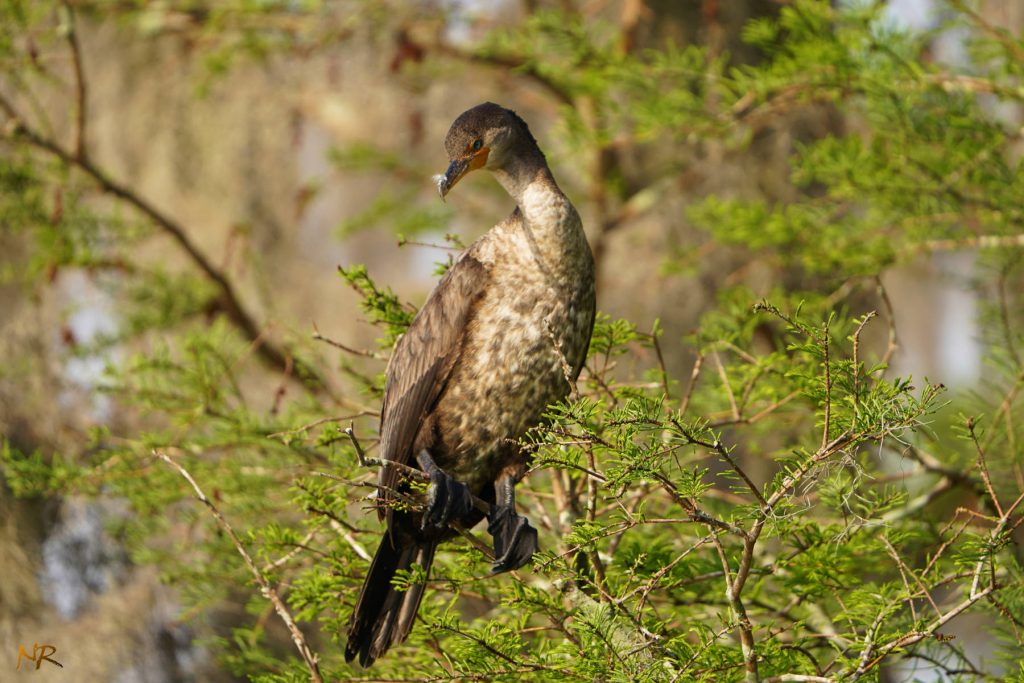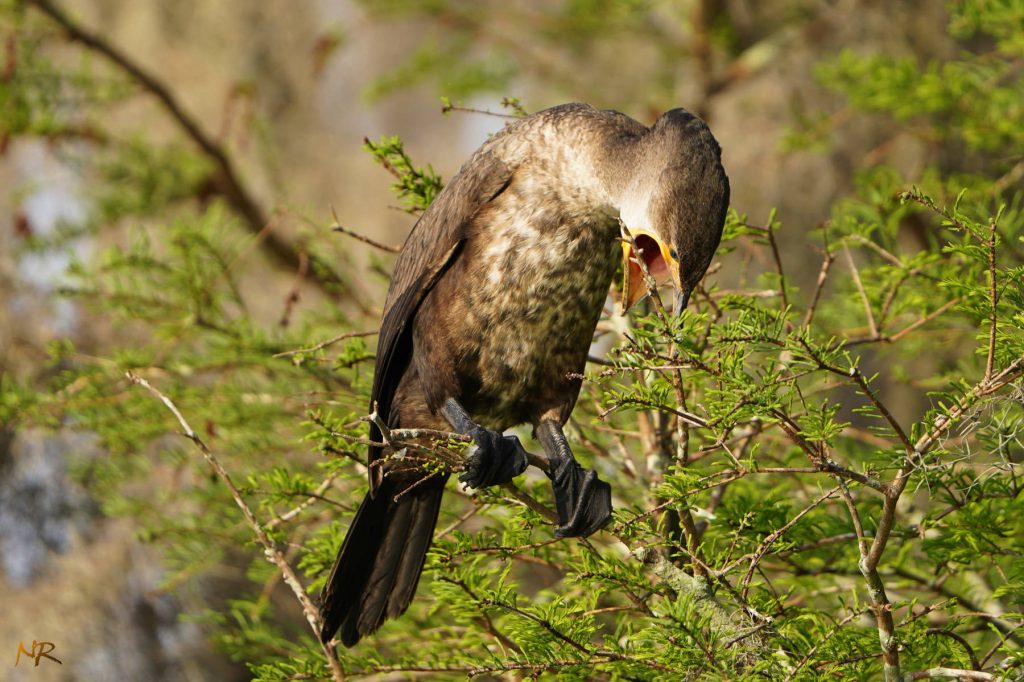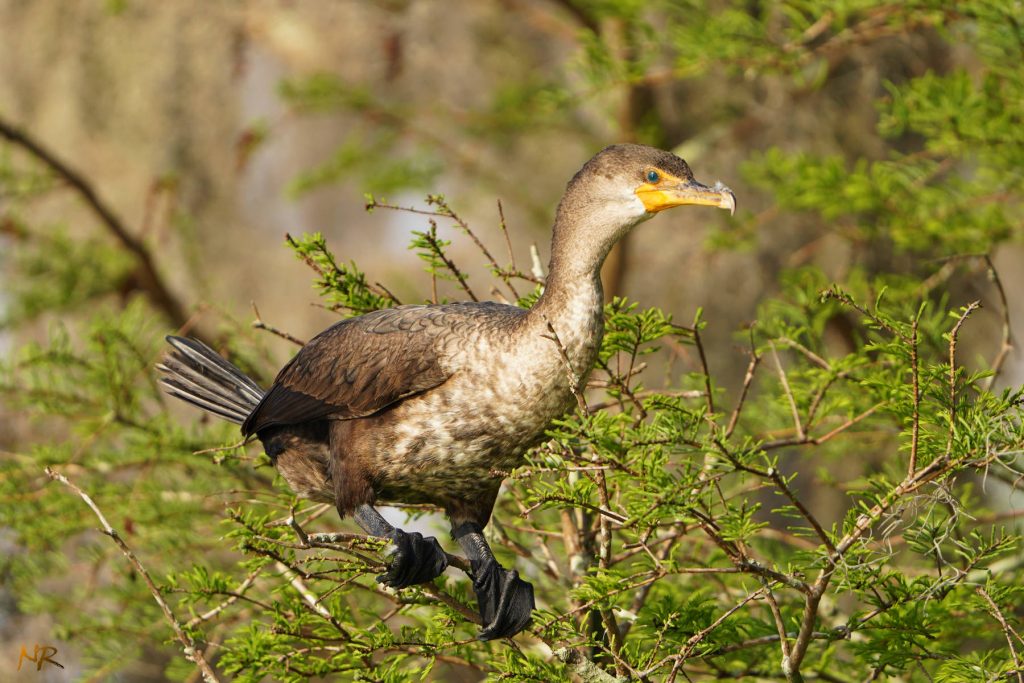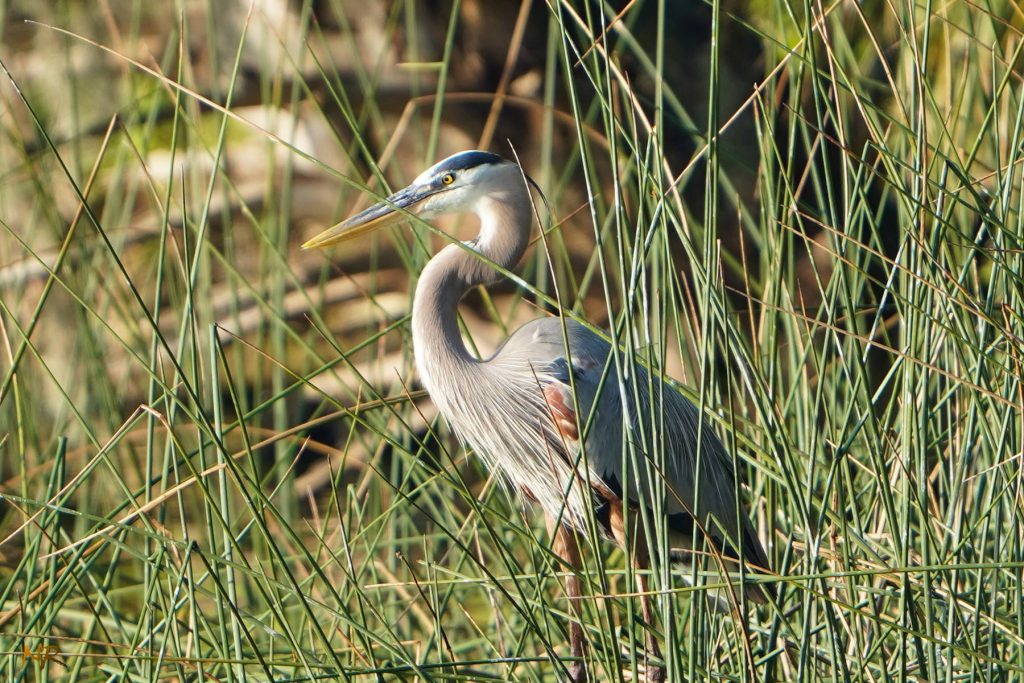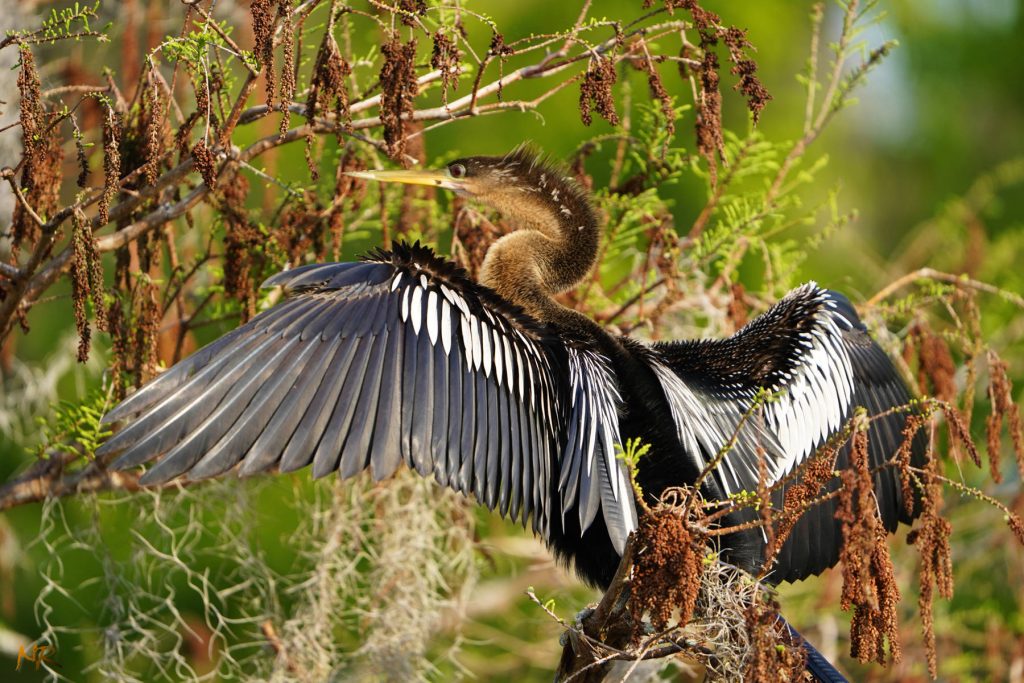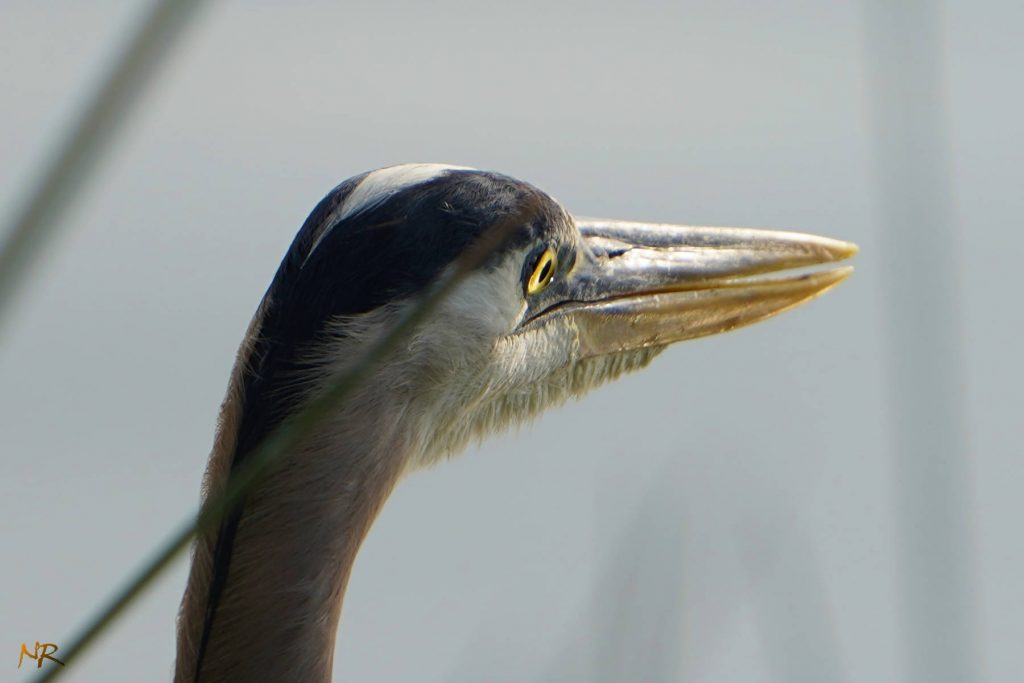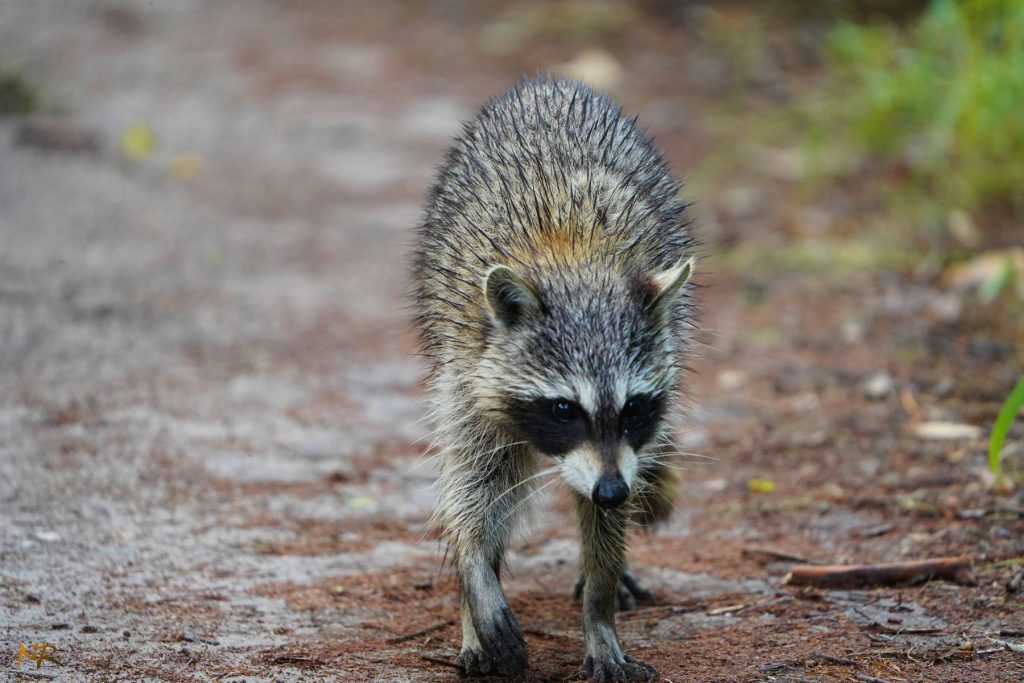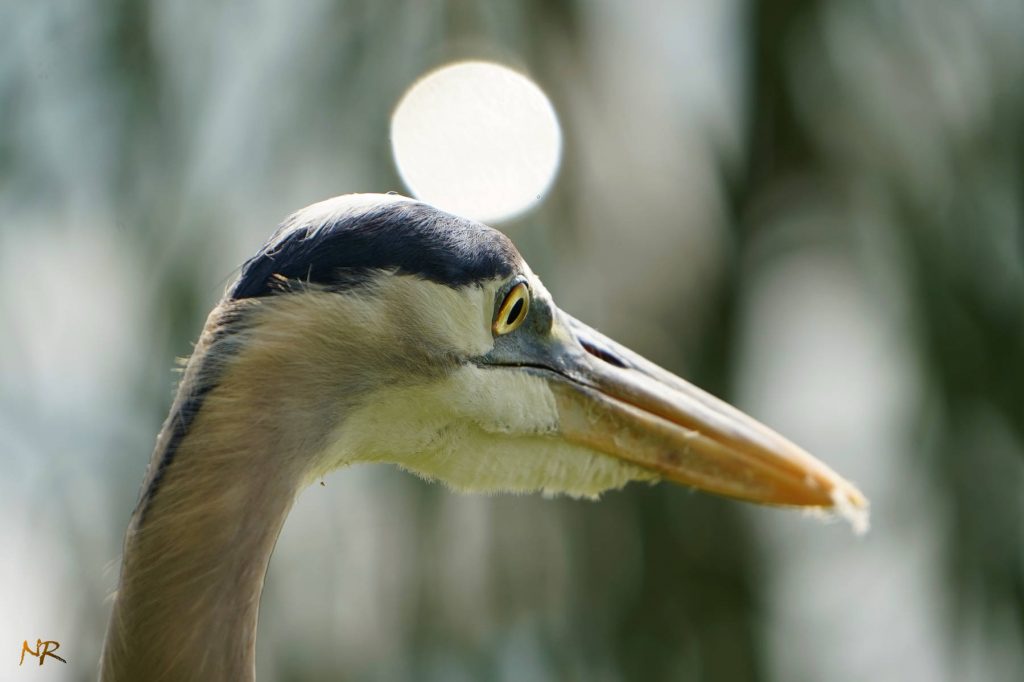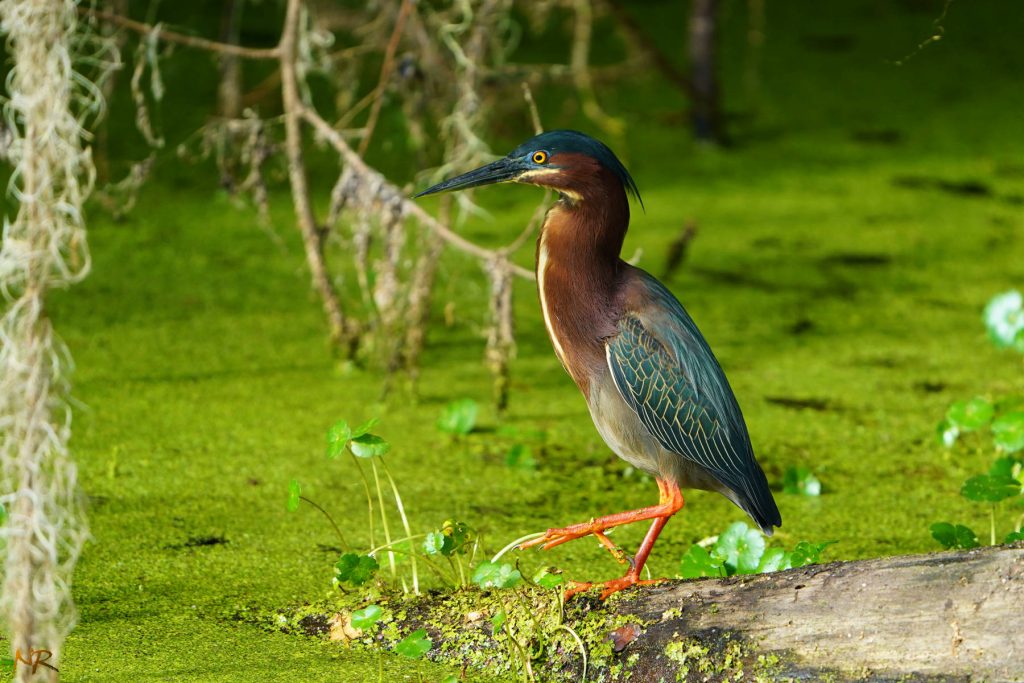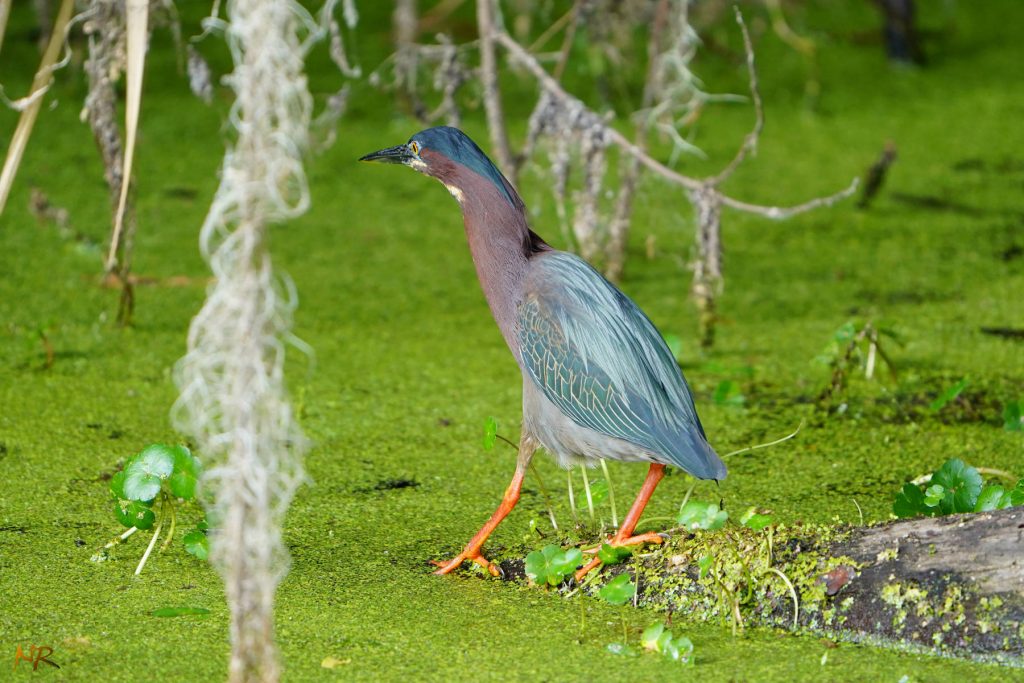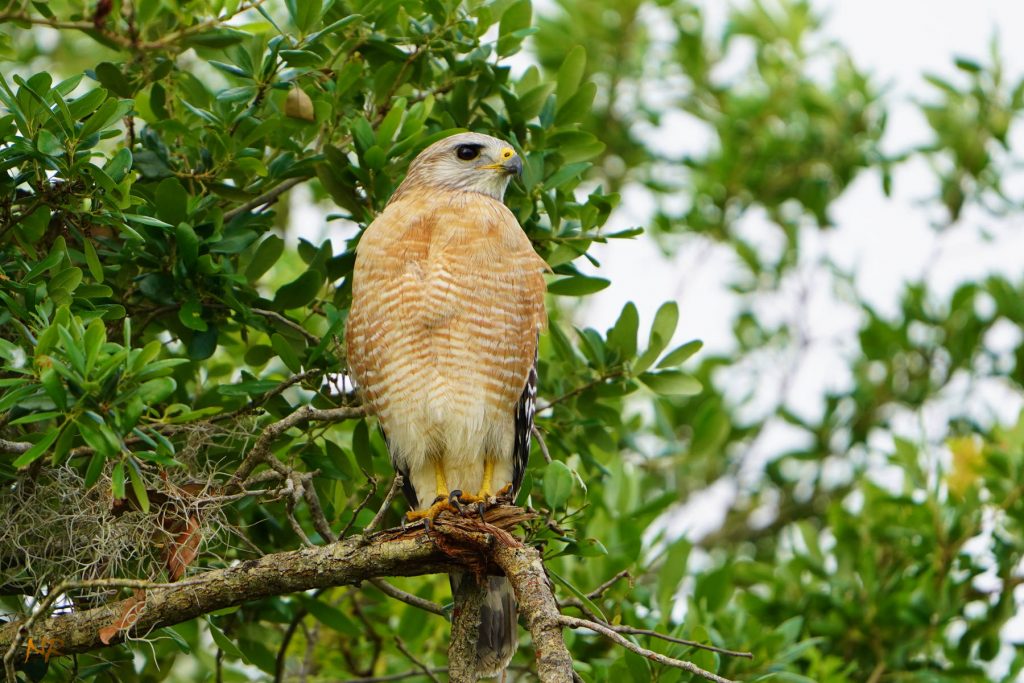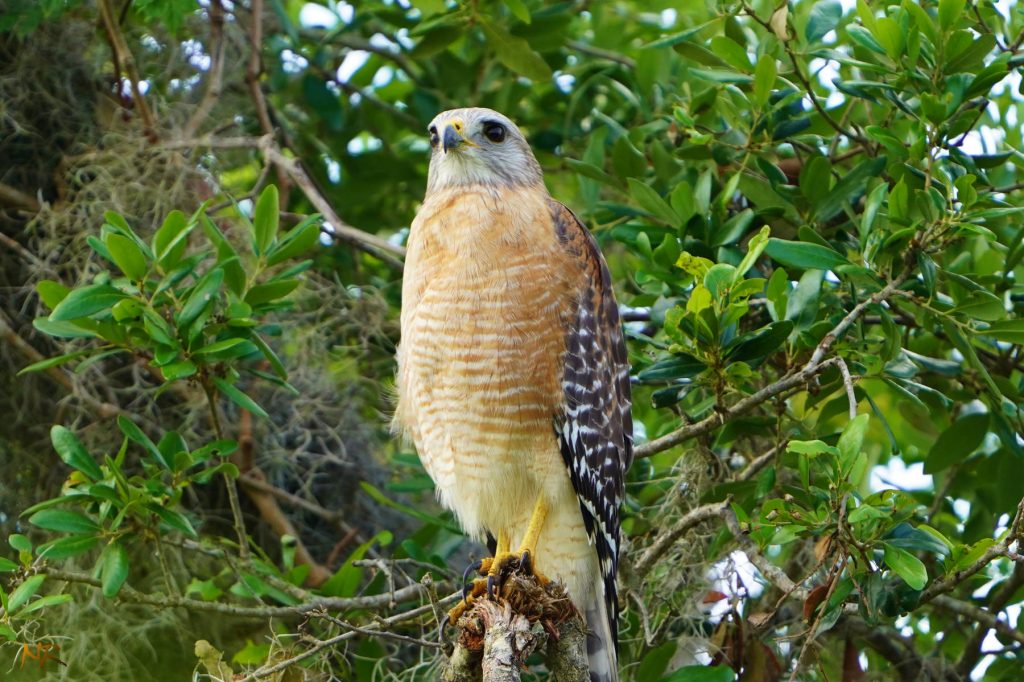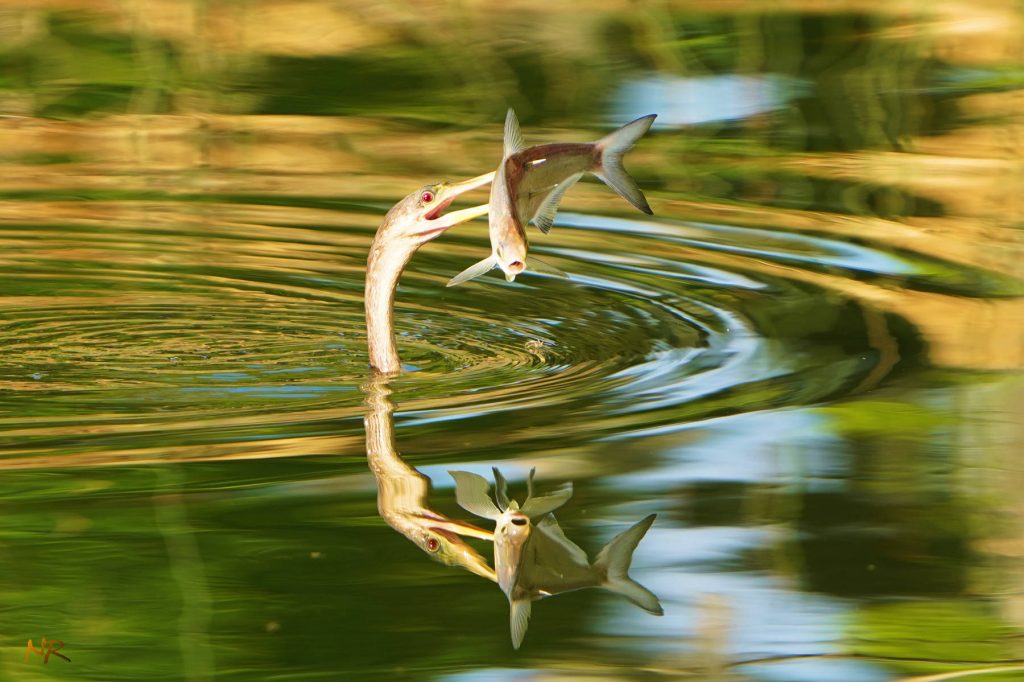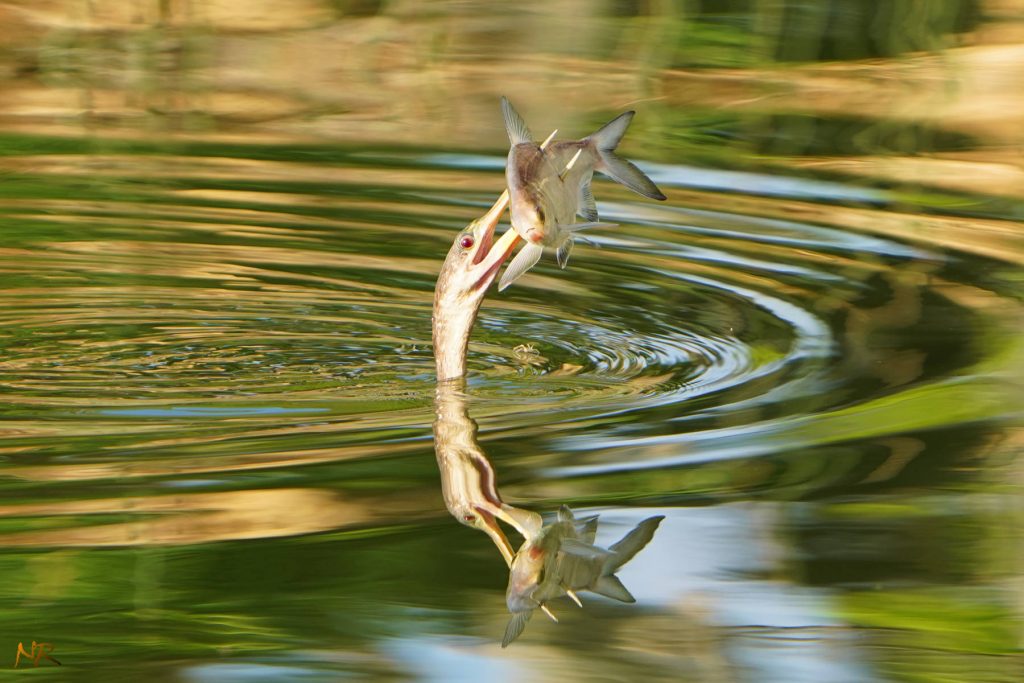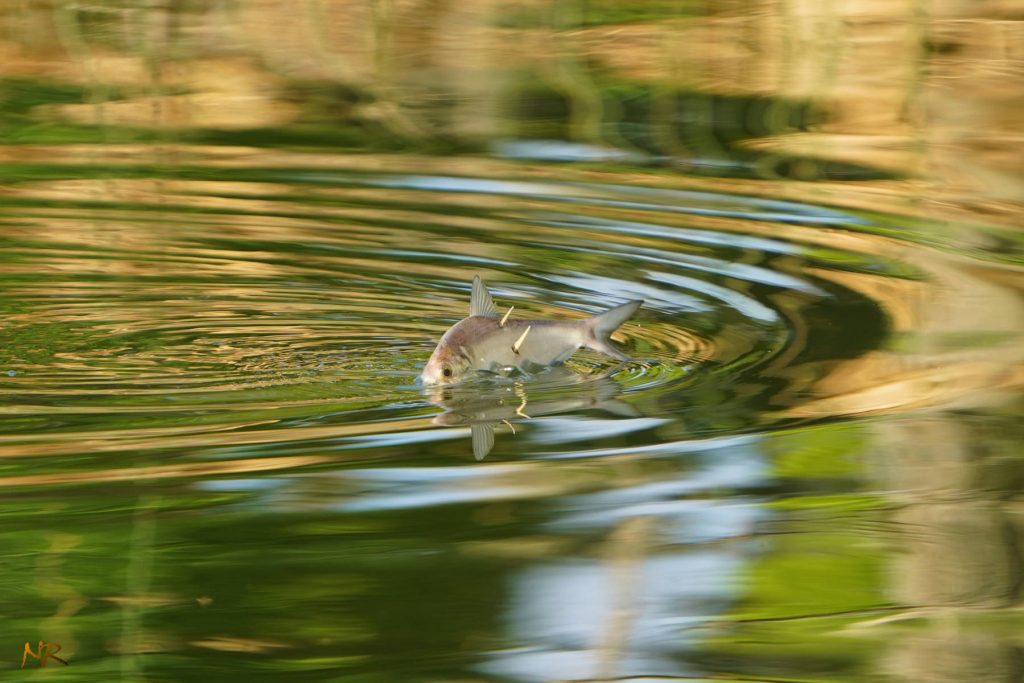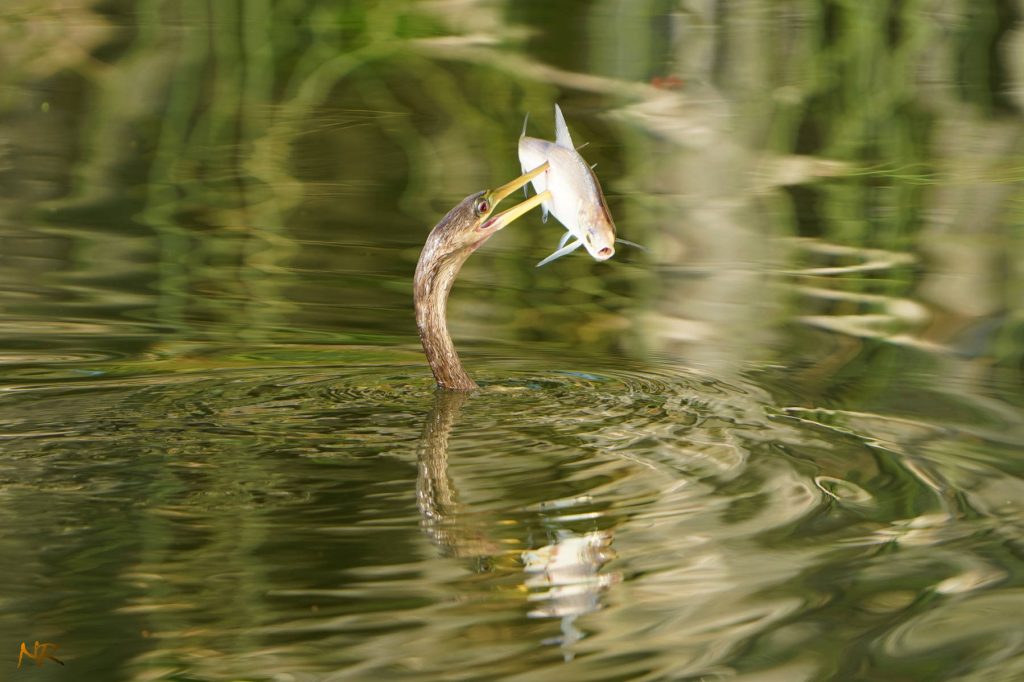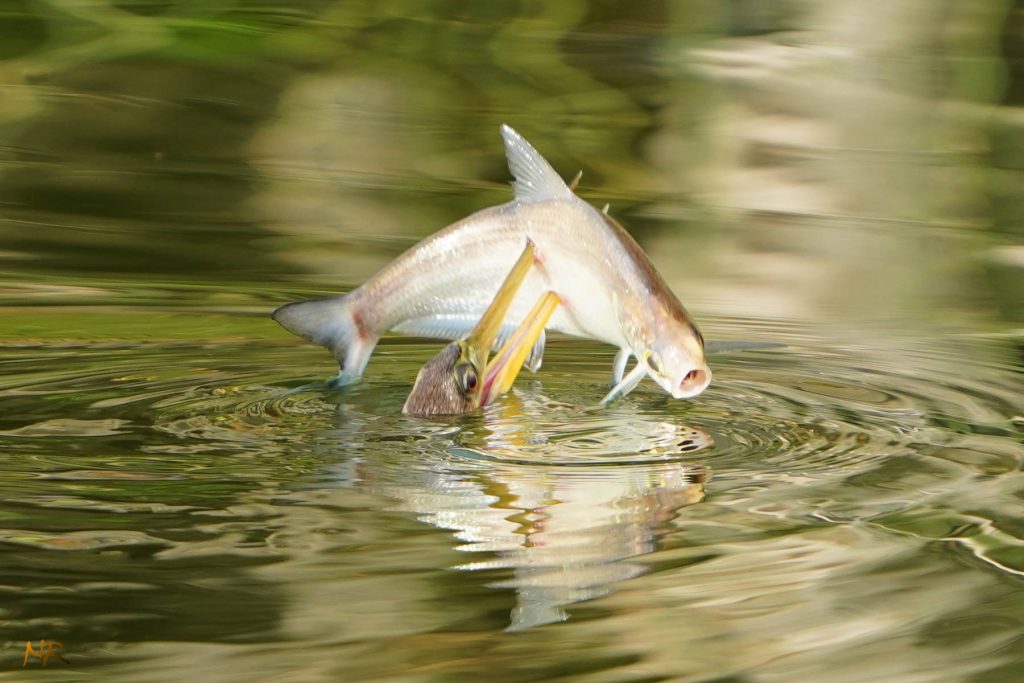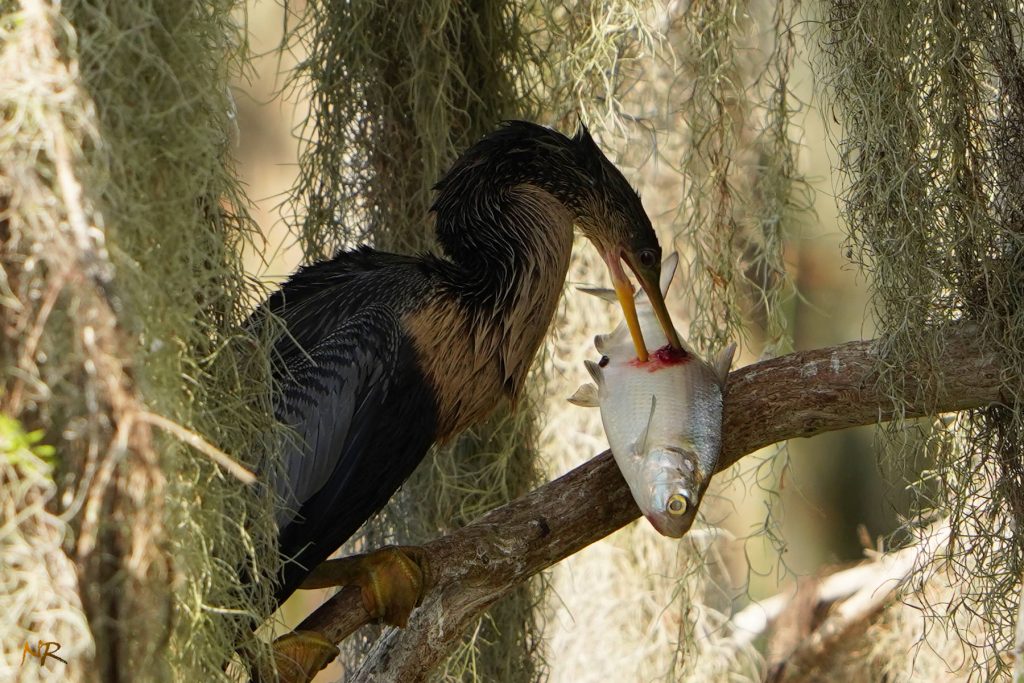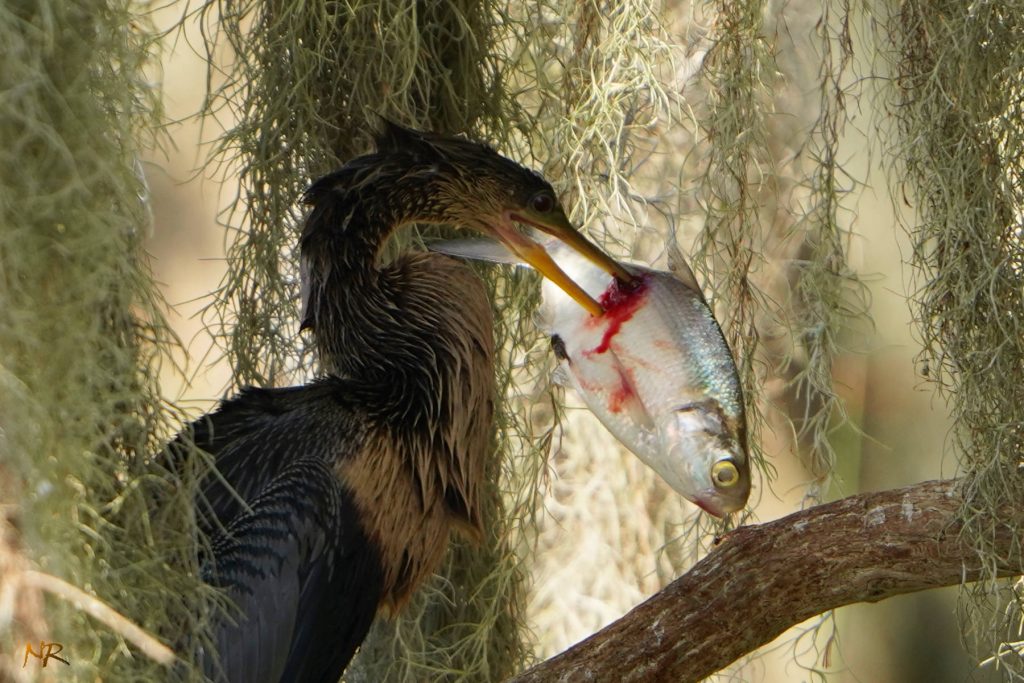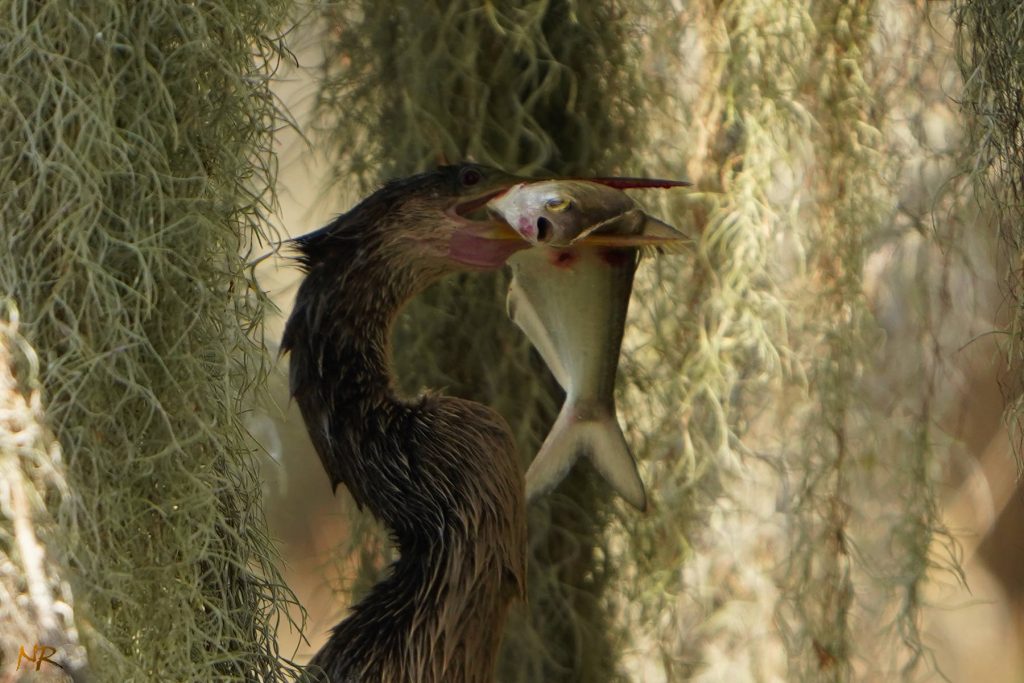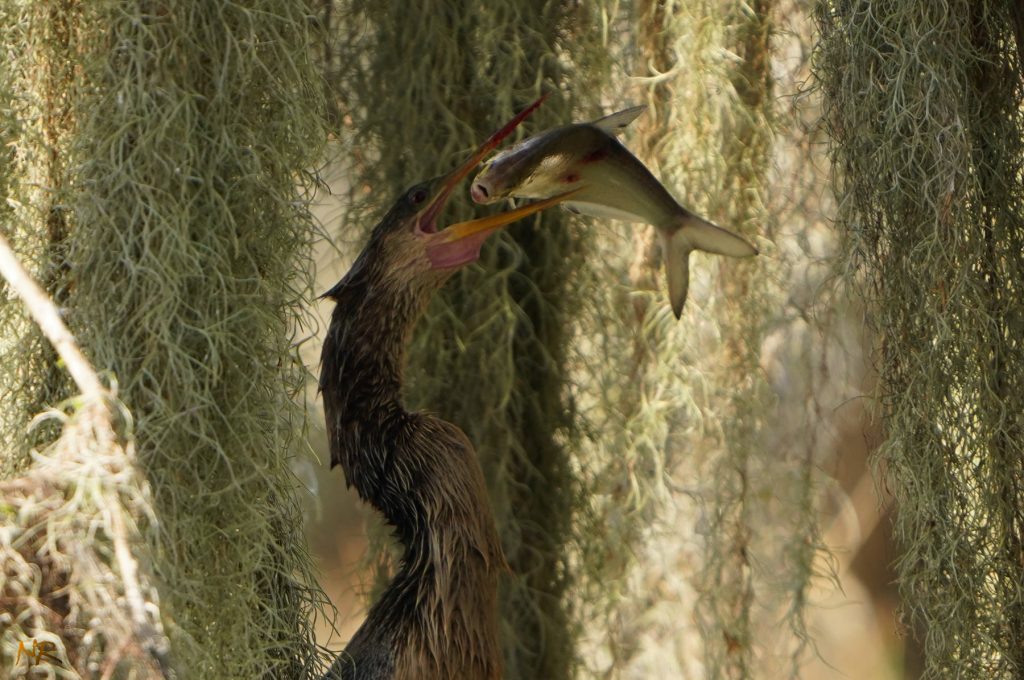It was a near-perfect day.
Inna and I got to spend the day with Vel down at the beach in Englewood on Saturday and it would honestly be difficult to find a way to fine tune it into being any better than it was.
The blue skies and warm gulf waters, white sands and quiet seclusion were aided and abetted by the company of a true friend, beautiful young lady, and several Coronas on ice.
We sat and talked away the hours on the beach, only eventually giving way to the threat of sunburn and the welcoming shade back at Vel’s beach house where the smoke from the barbeque lent further aroma to the gentle evening breeze. Then Inna and I went back onto the beach to catch the final moments of sunset as the day drew to its eventual close.
I didn’t have a wide lens and while we were on the beach most of my shots were taken from a distance as memorable moments played out around us. We watched a large number of sanderlings and coastal birds search the wet sands in front of us and laughed at the fruitless antics of a guy on a sail board who couldn’t master the act of getting going. In the distance, a couple were parasailing behind a speedboat and occasional dolphins broke the water surface as they added even more enhancement to a scene that didn’t need it.
I’ve included some pics at the end of the blog and hope you find something there to smile at.
But the thought that planted itself in my mind was about how my own behavior had changed since prior trips to the beach and how life sometimes has a way of turning out right, regardless of the troubles you have to go through in order to get there.
I mean, how wonderful is it when you consider that the eye candy in a skimpy bikini that you’ve been eyeing up all day happens to be your wife?
The road to this destination has been fraught with immense problems and challenges this past year in particular, yet here we were finally breathing in the fruits of our perseverance.
There have been times along the way where we were close to giving up and times when we genuinely lost hope that we would ever make it through the other side. But if there is a single trait that defines our life as human beings, it is our willingness to persevere through life’s challenges and hold sight of our dreams.
We don’t always get the rewards that we are hoping for but sometimes we do. And it is the “sometimes” that makes our eventual victory all the more sweeter.
There are those in life for whom victory comes easy and I applaud their success and am happy for them. But for most of us, our dreams and hopes often seem to be out of reach and at the least become so difficult to achieve that we are almost justified in doubting their reality.
But when we stare at doubt in the face and fight back with our willingness to persevere, we negate its ability to define us and this justifies our reaching for our dreams even more. If there was a certainty attached to a dream, then frankly it is no dream.
Whatever we aim to achieve in life should always have the possibility of failure. Because then that doubt become the very sugar that makes our eventual success so sweet.
Whenever we allow doubt to stifle out our dreams, we have to look hard at ourselves and give ourselves a gentle kick in the behind to make sure it doesn’t happen again. Dreams that are relinquished to doubt line the path of many a journey through life and they form the basis to some of life’s largest regrets.
For my part, on Saturday, I got to share the day with two of my favorite people in the world and chew on the candy that heretofore had only existed on the far side of my lens.
Aaah life … though it often chews us up and spits us out, sometimes it delivers and rewards us with defining memories to chew on.
… just a thought.
